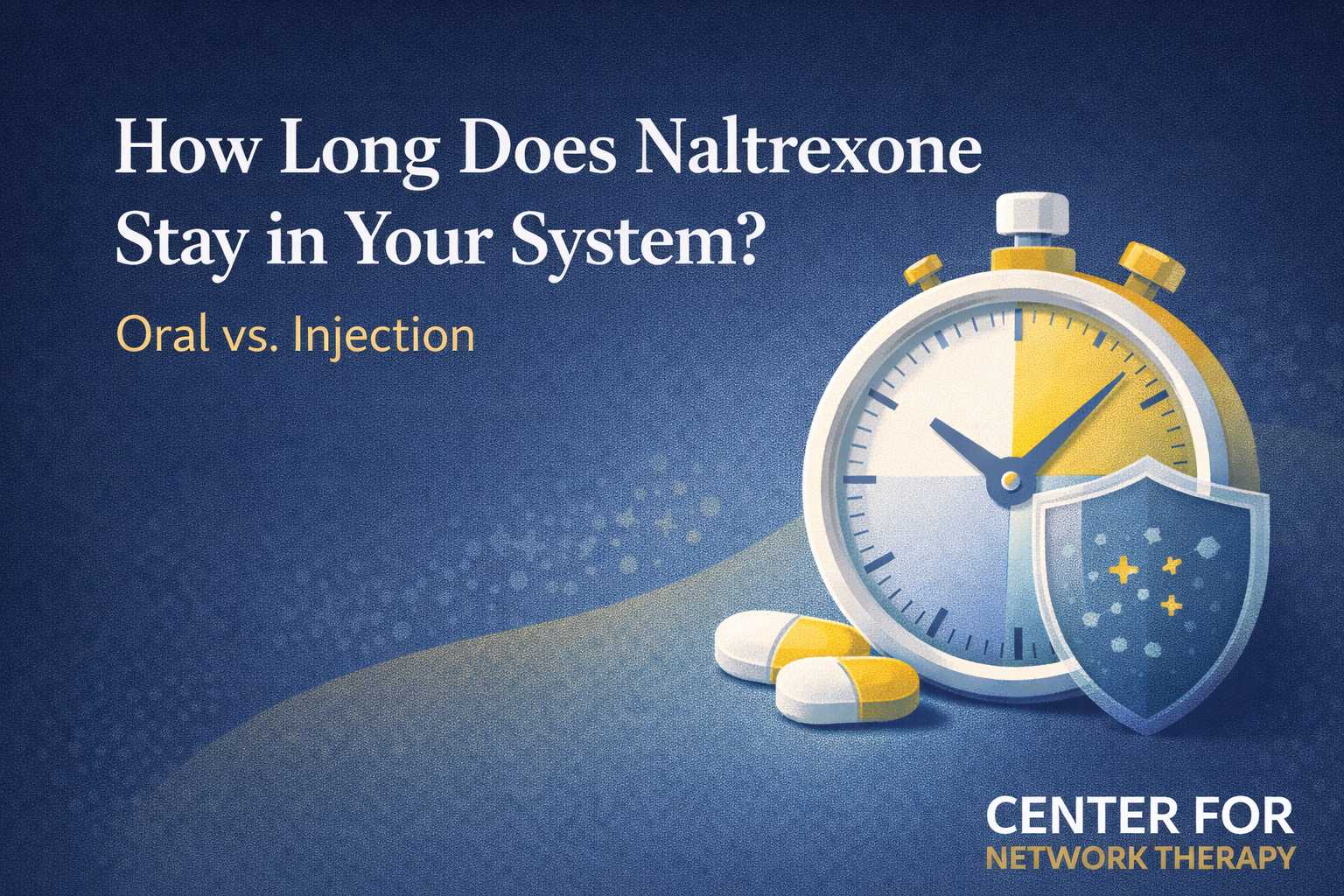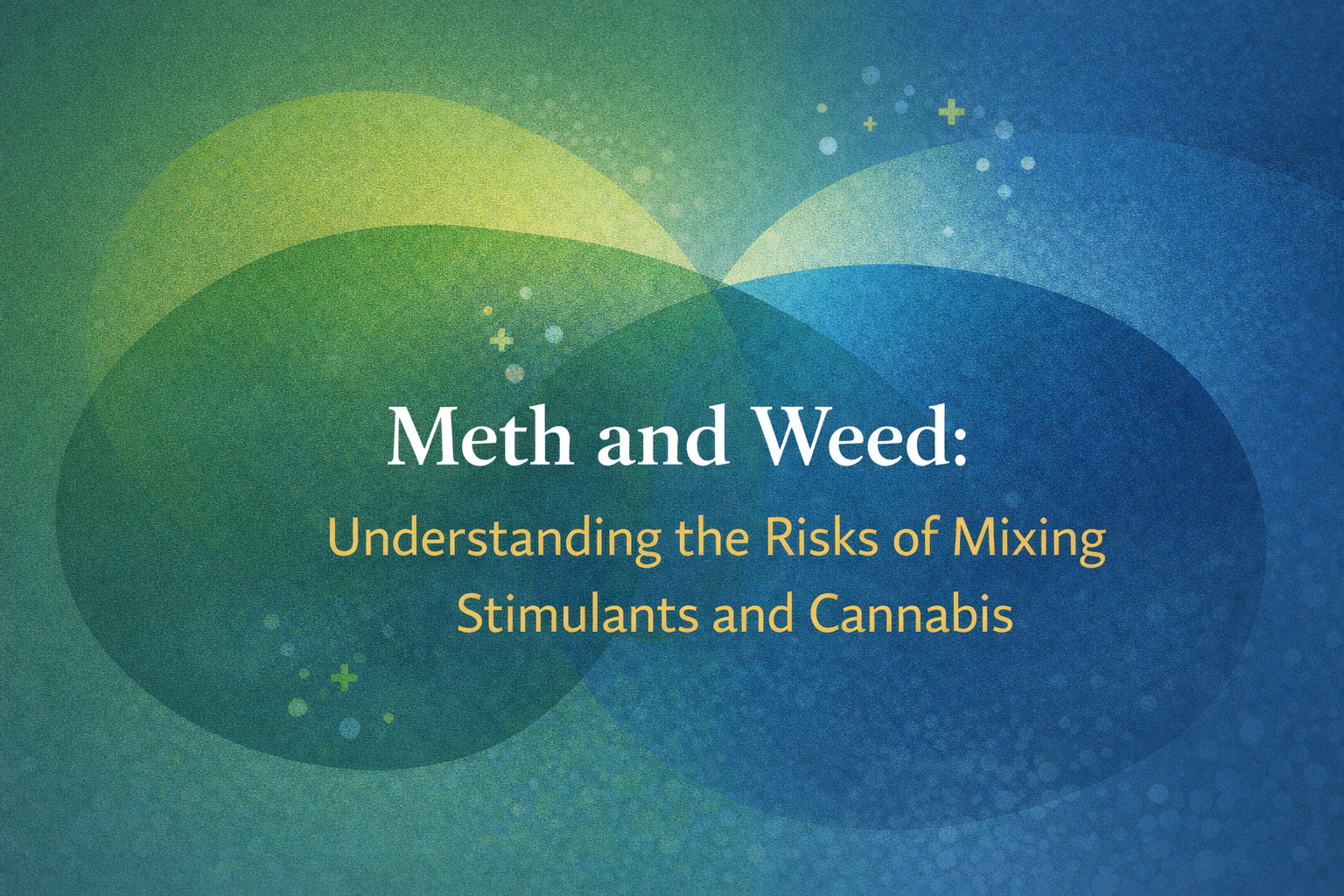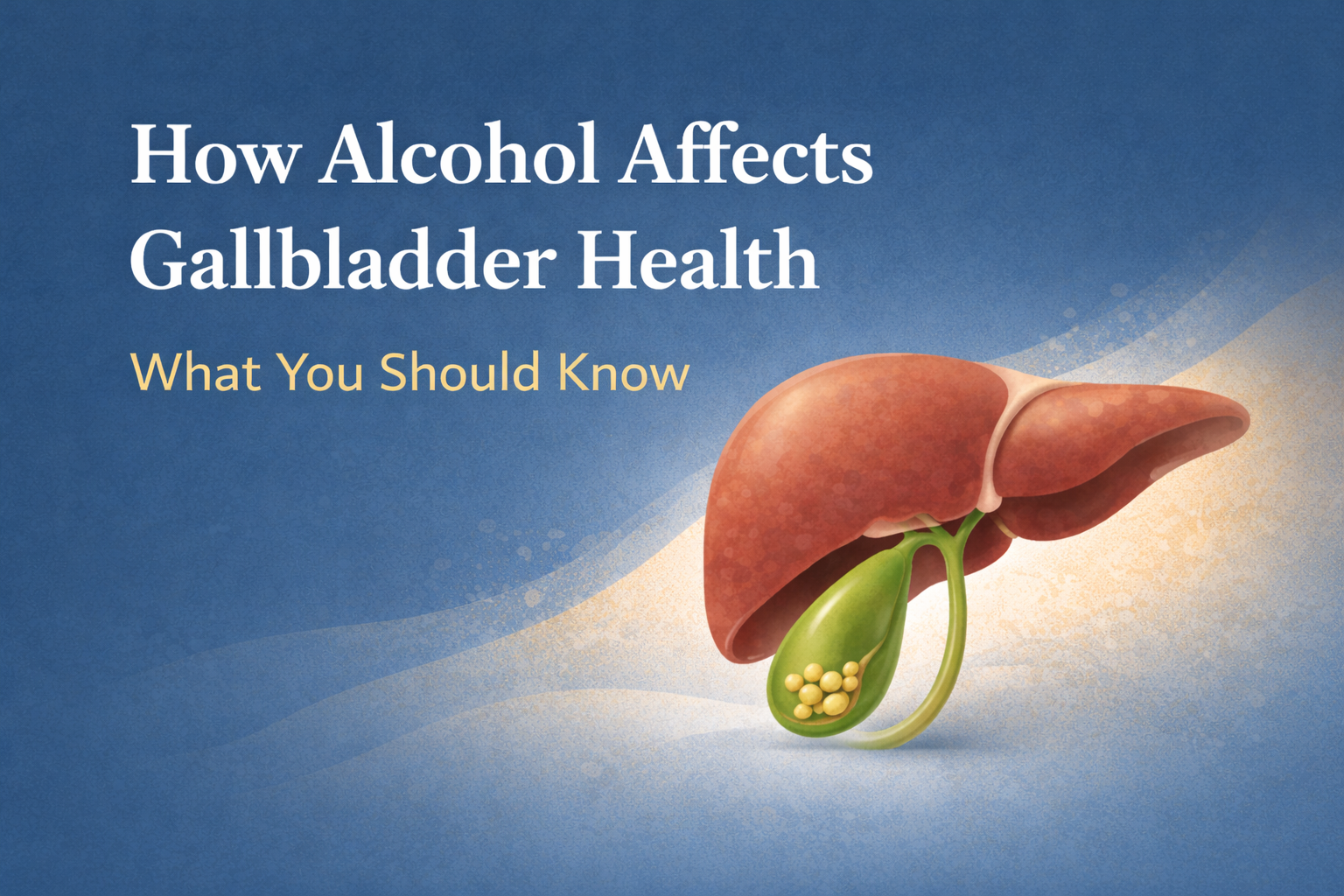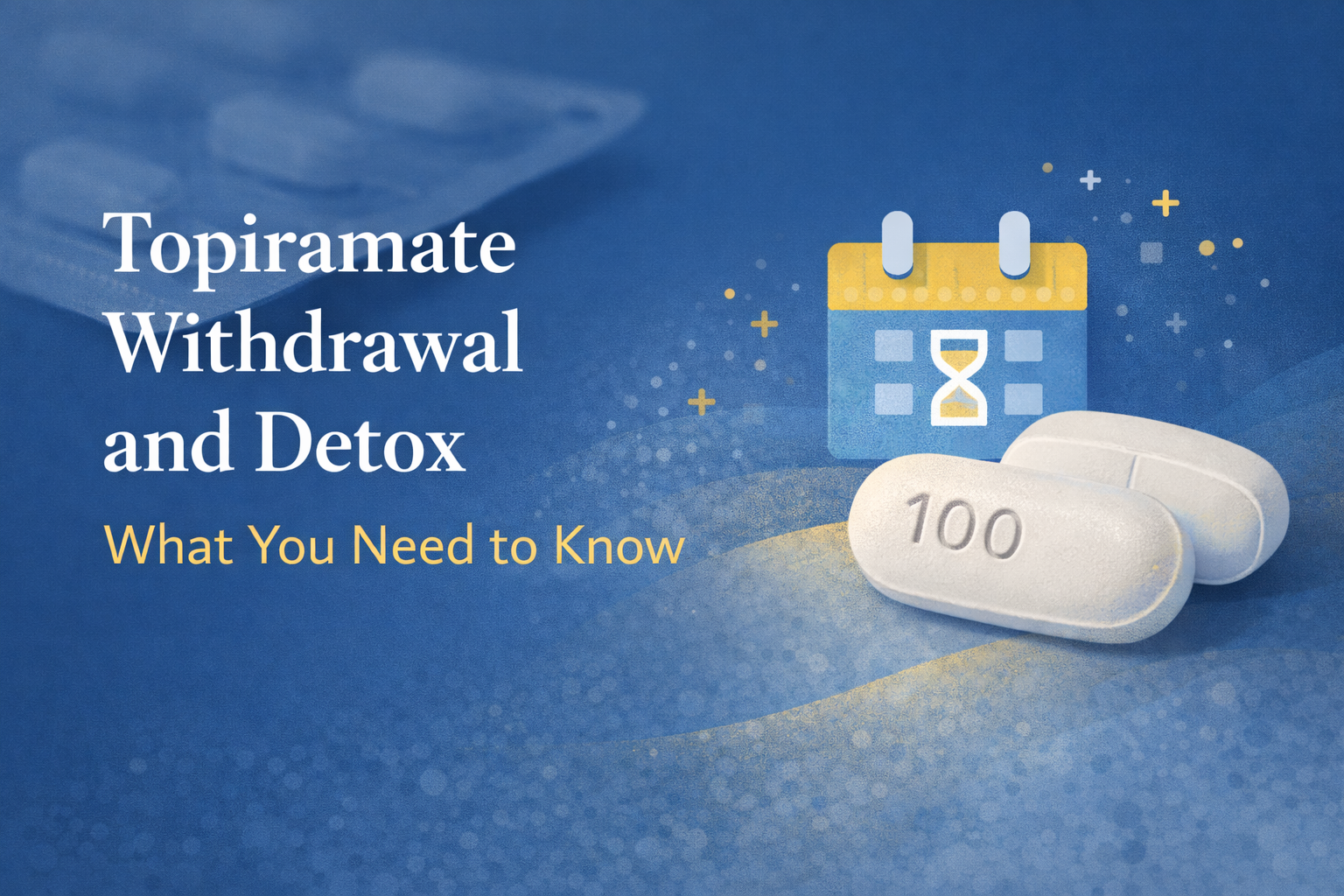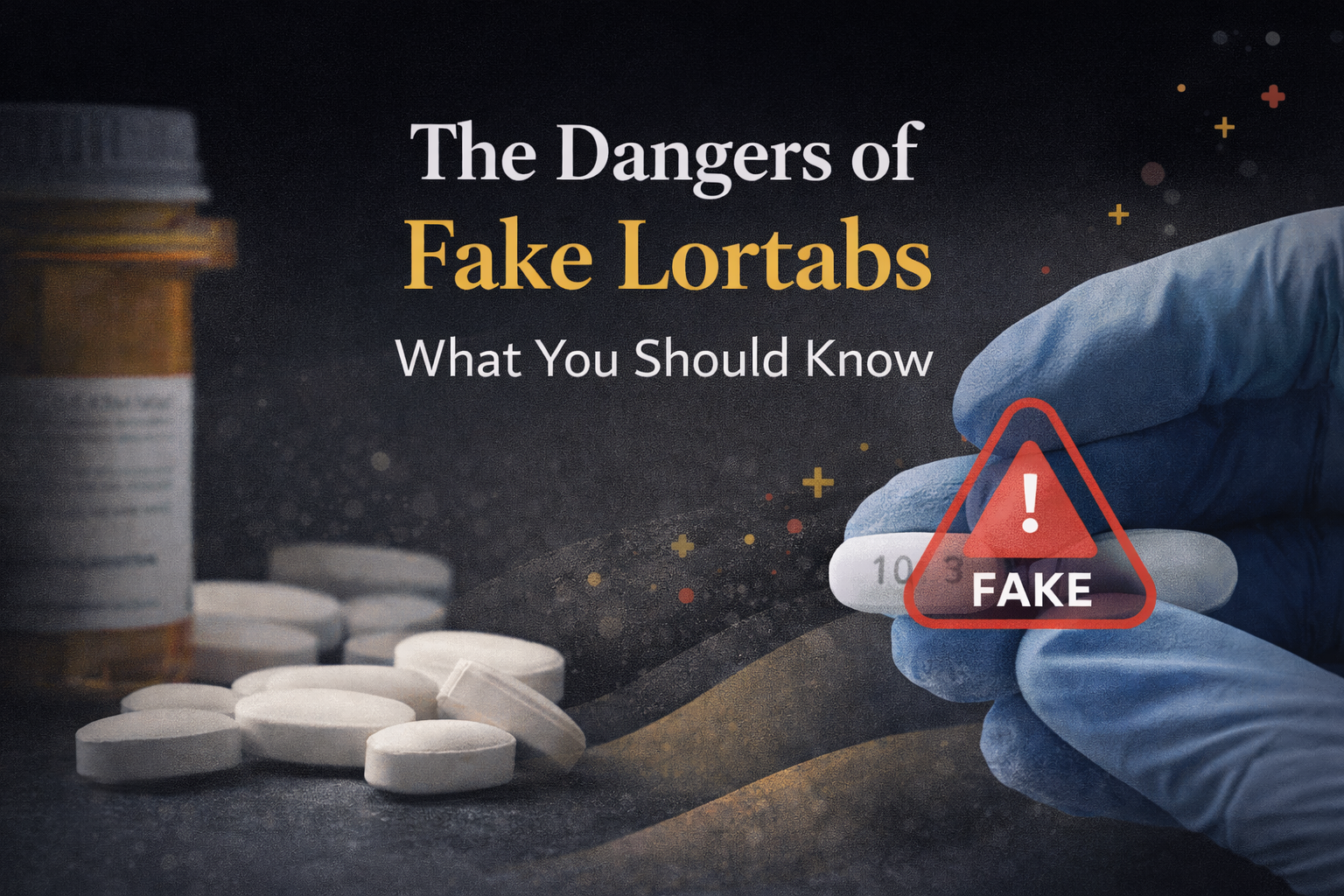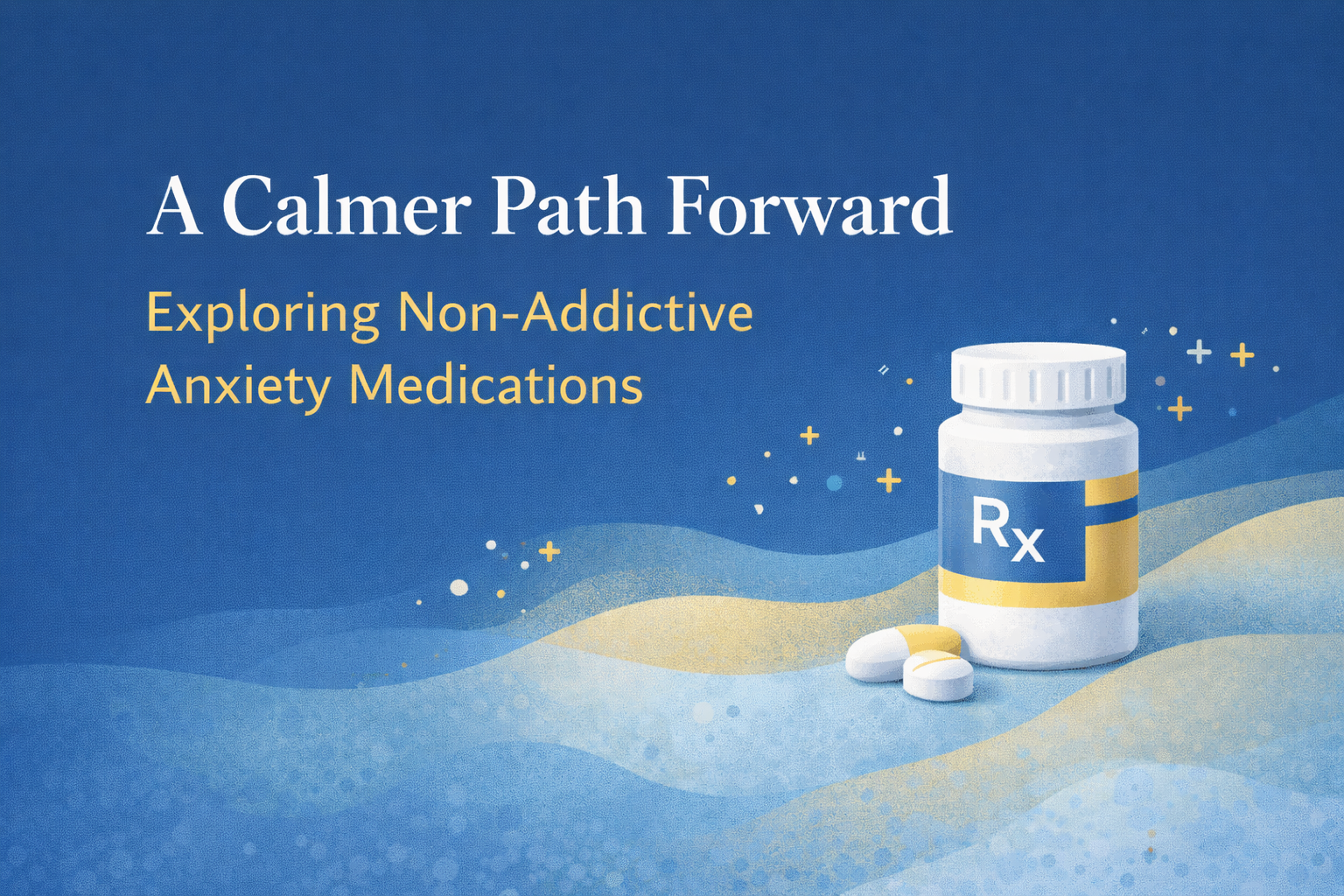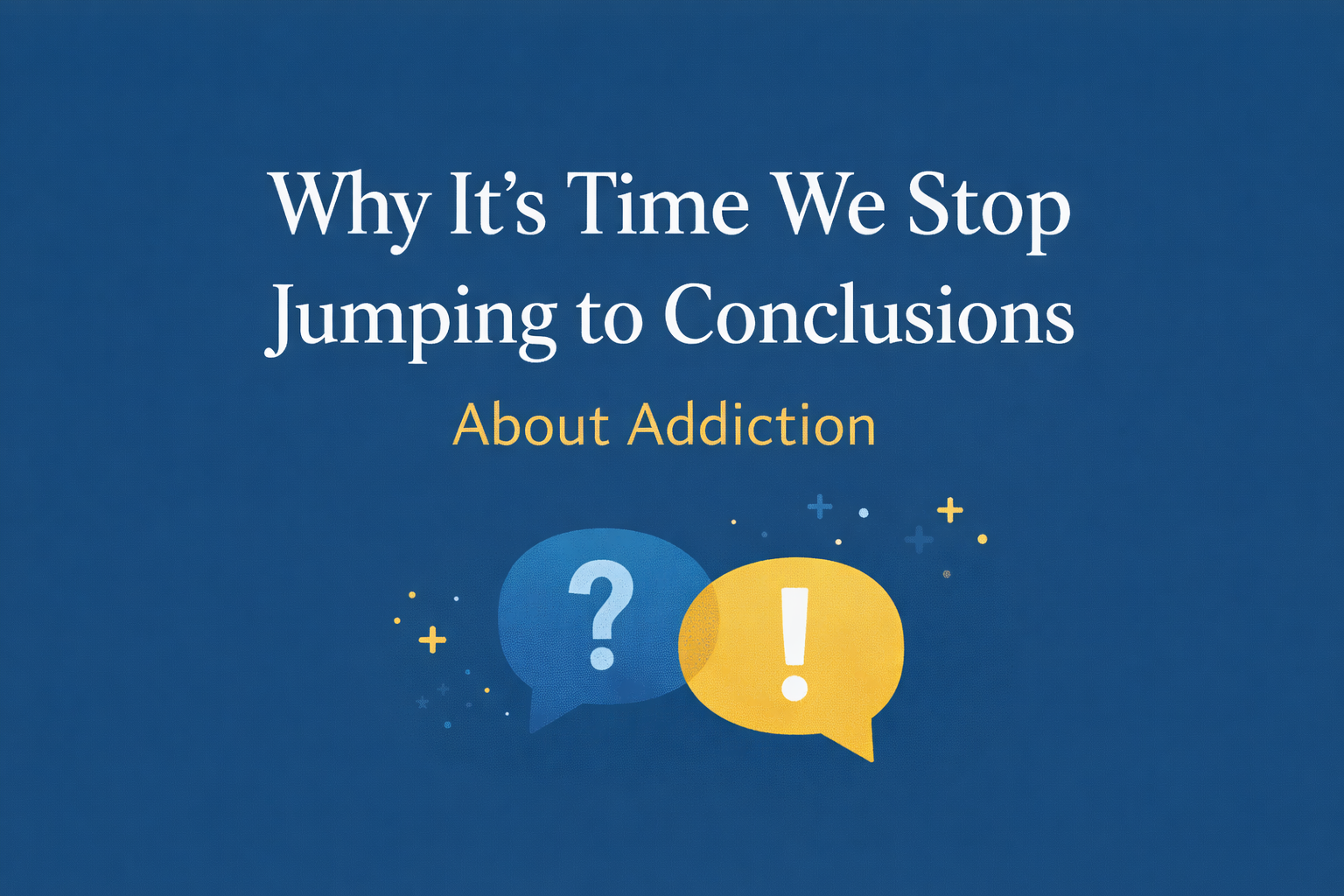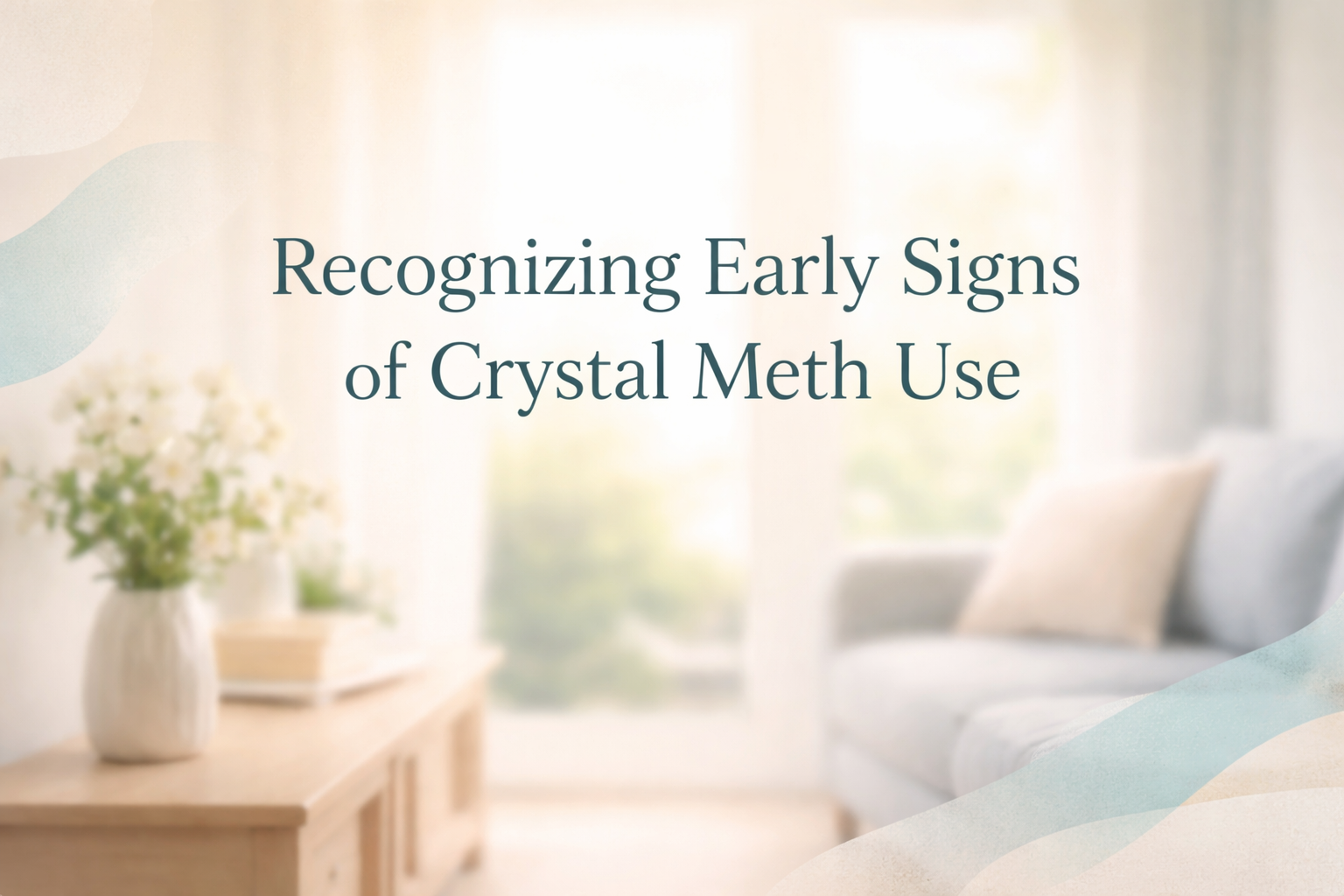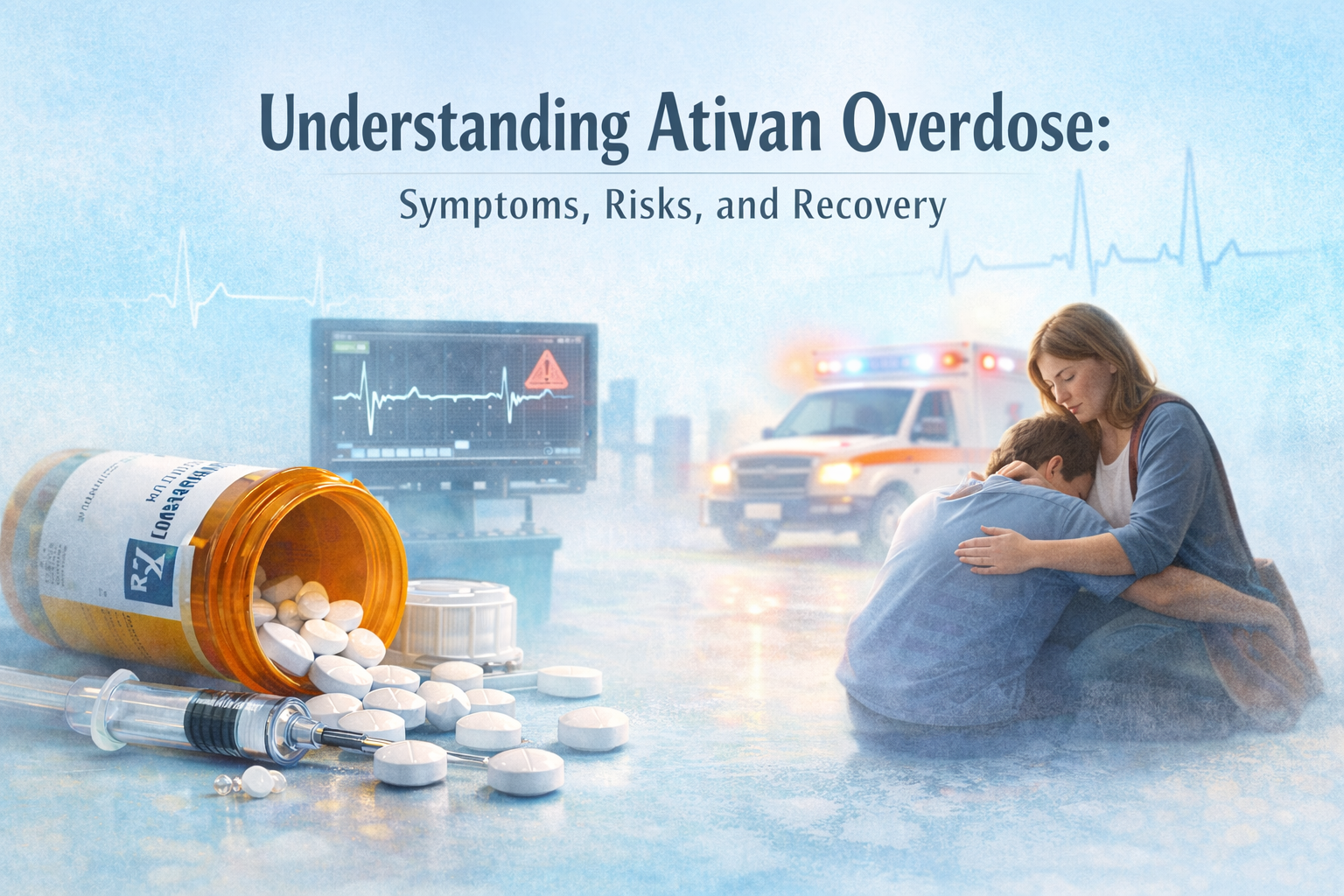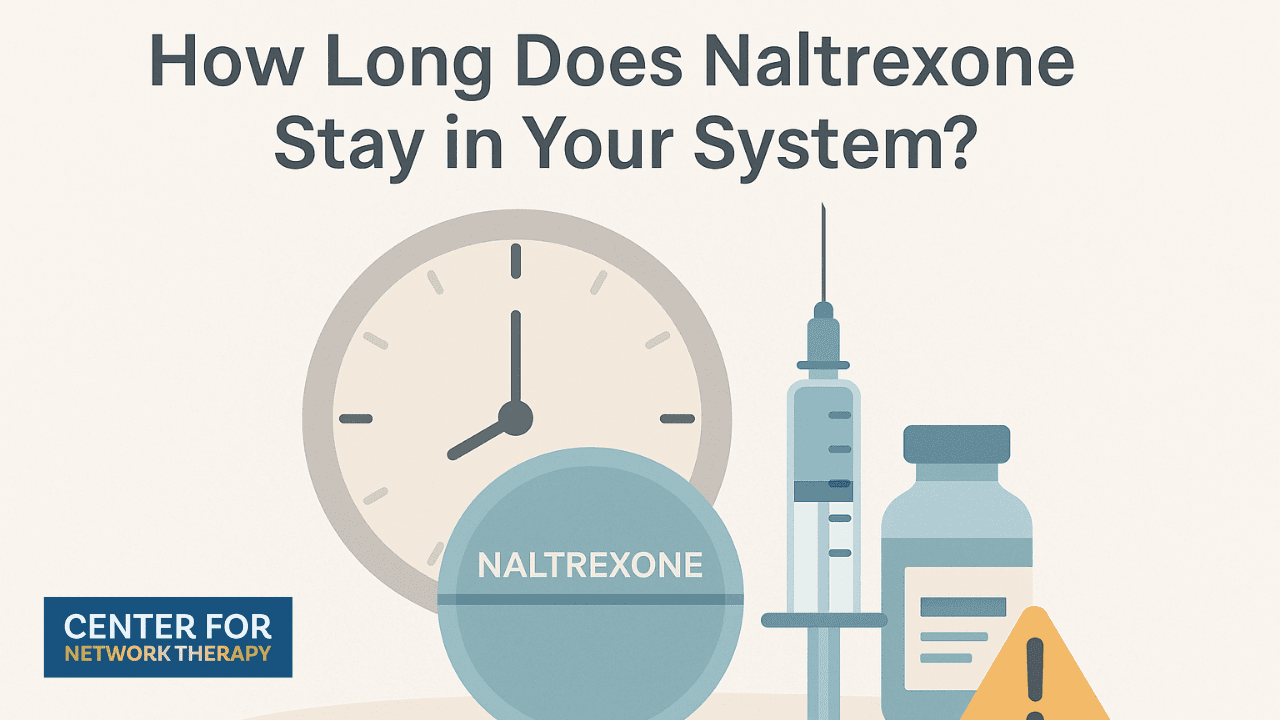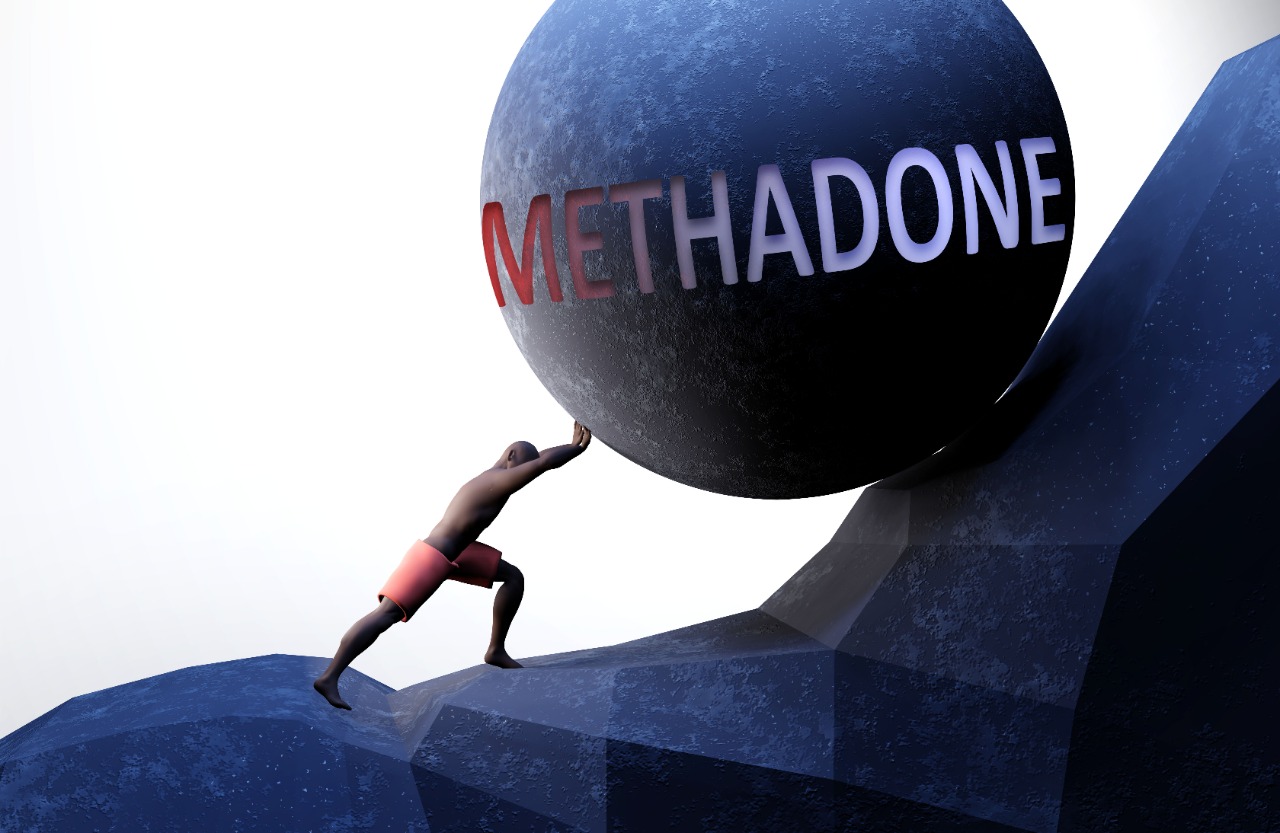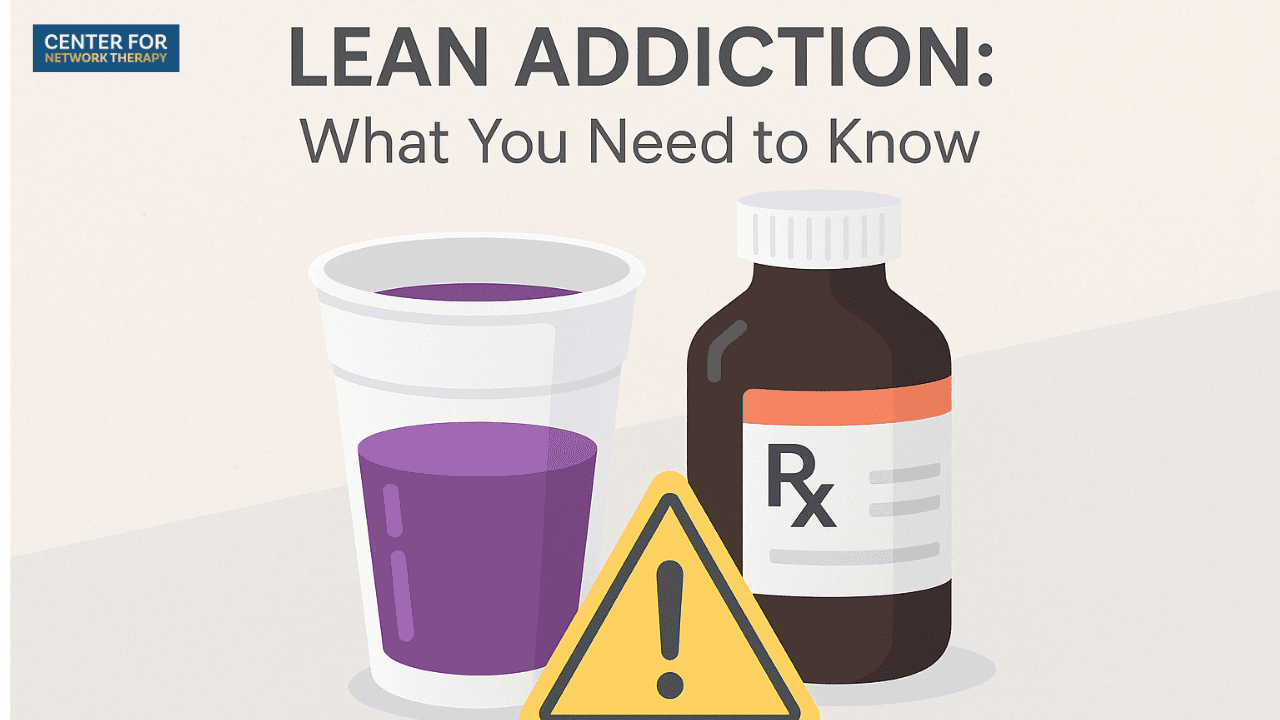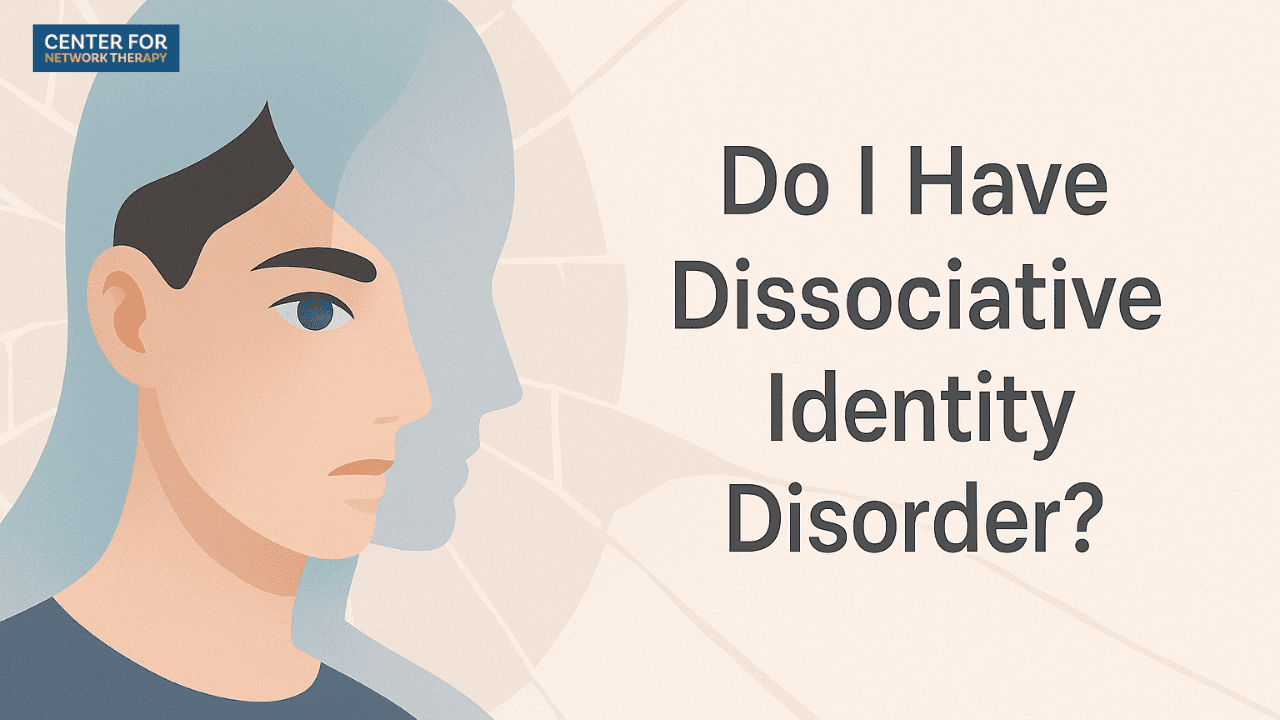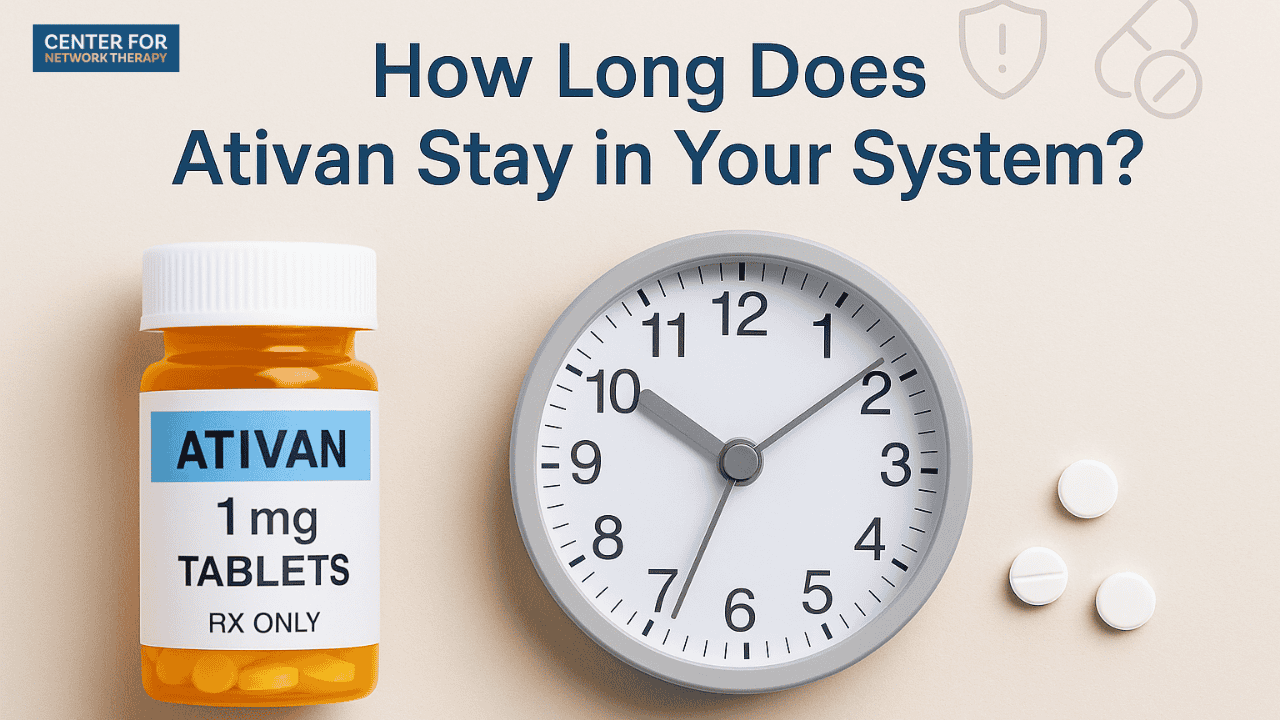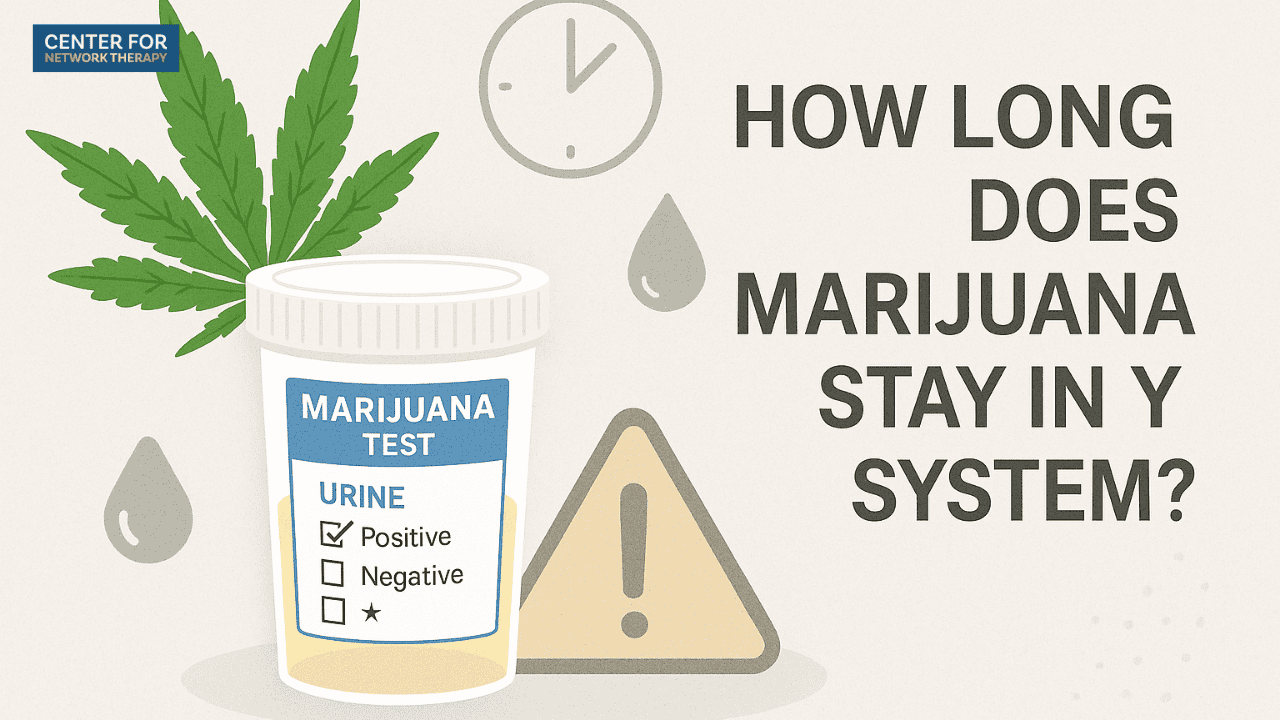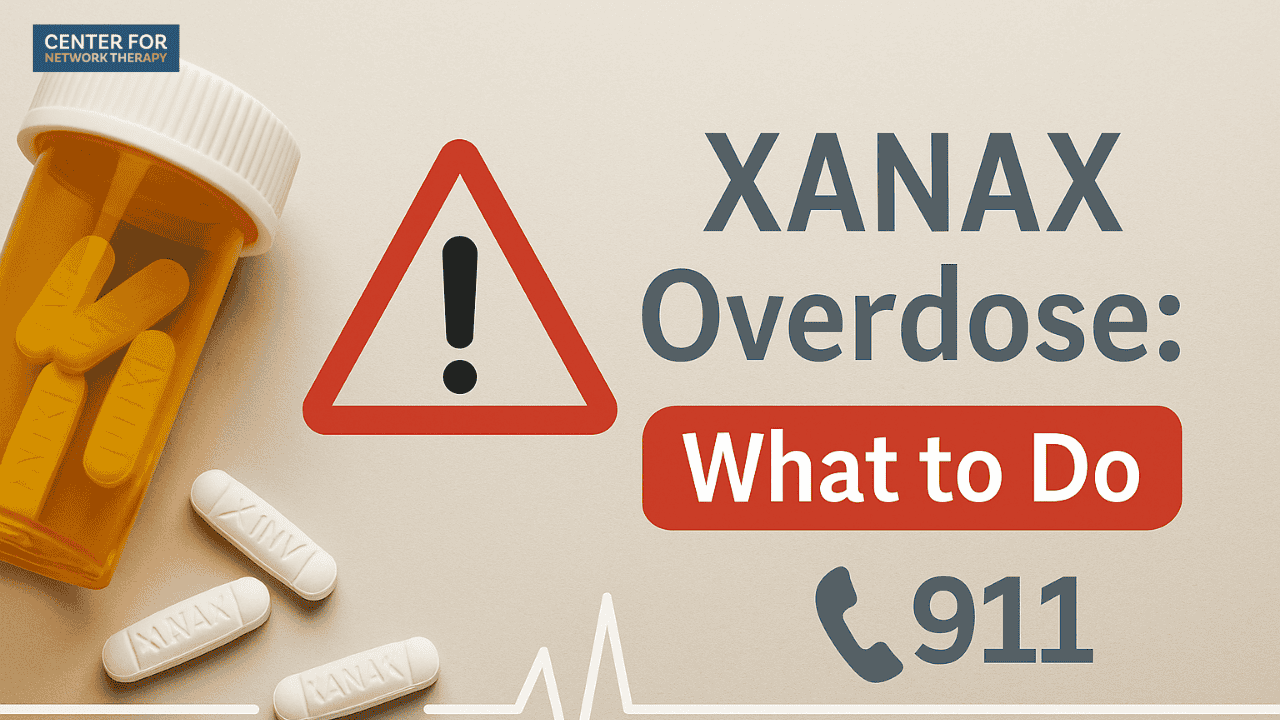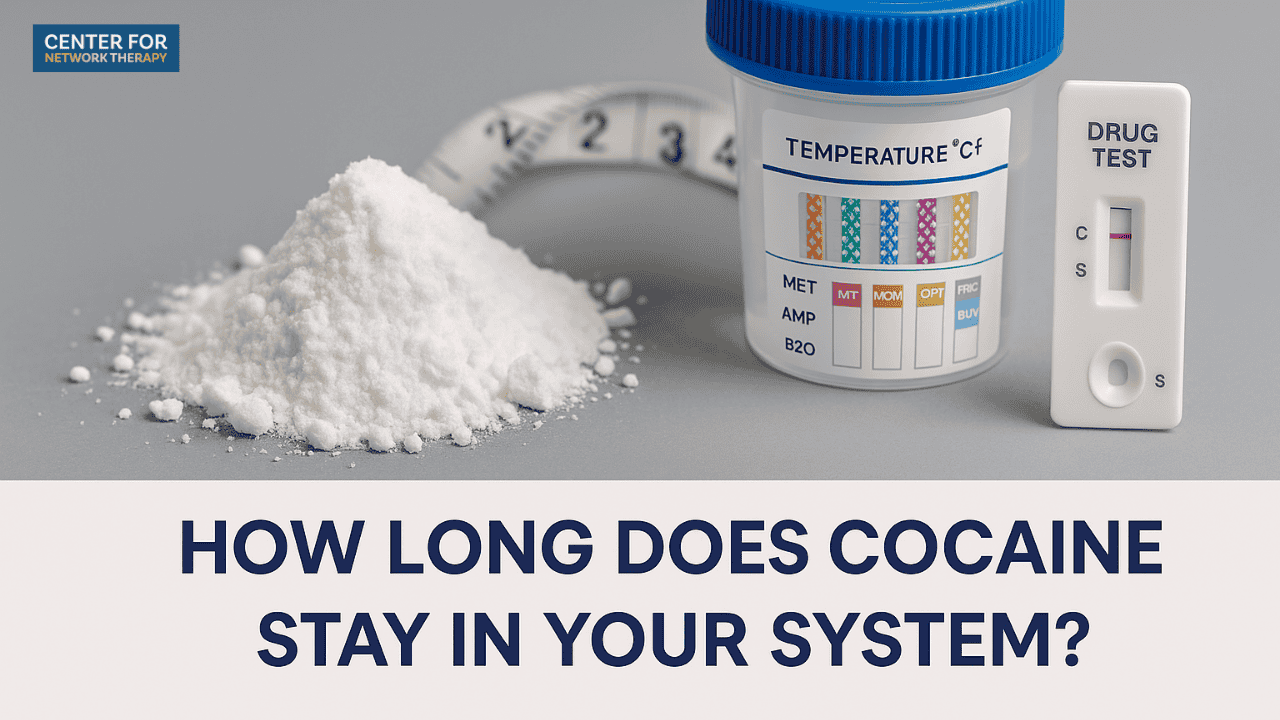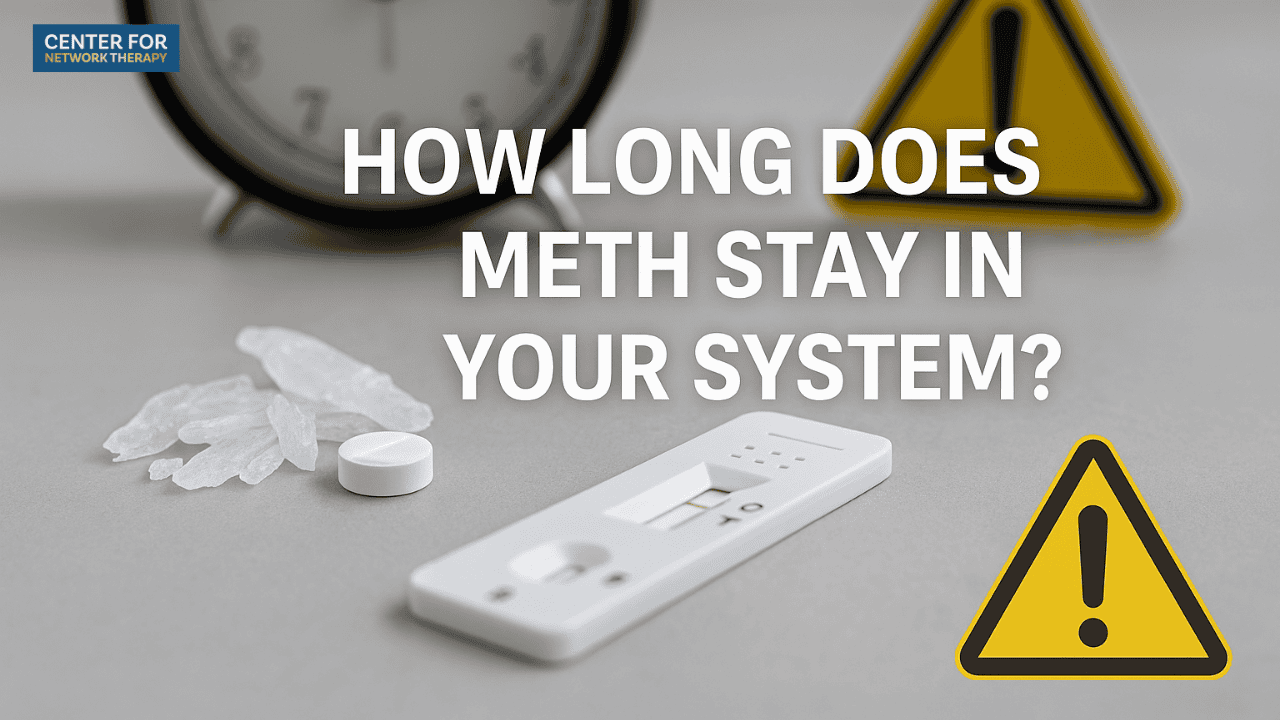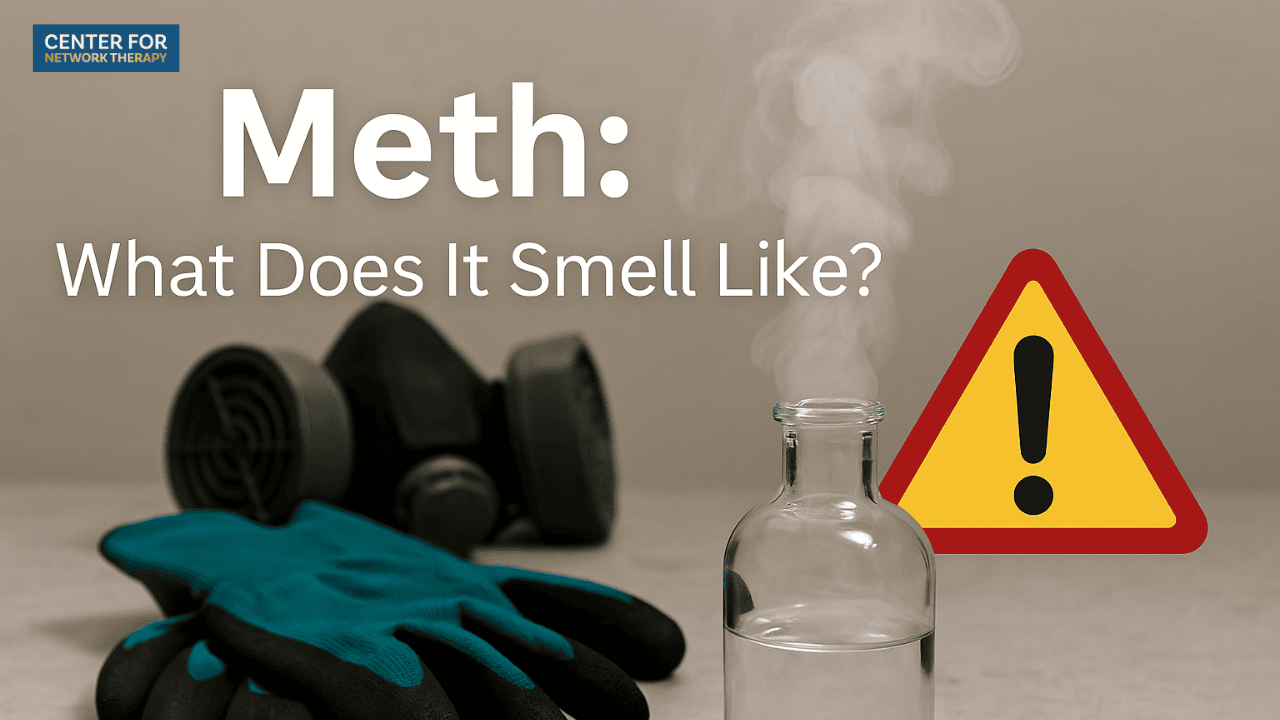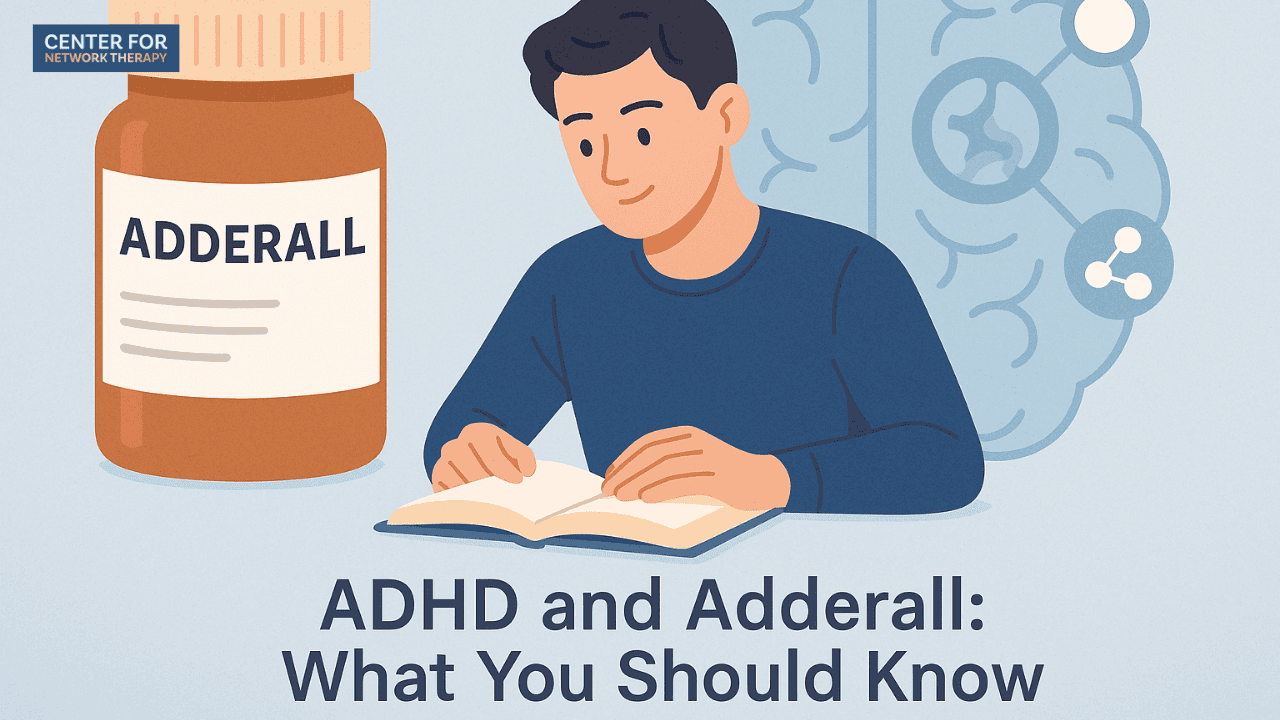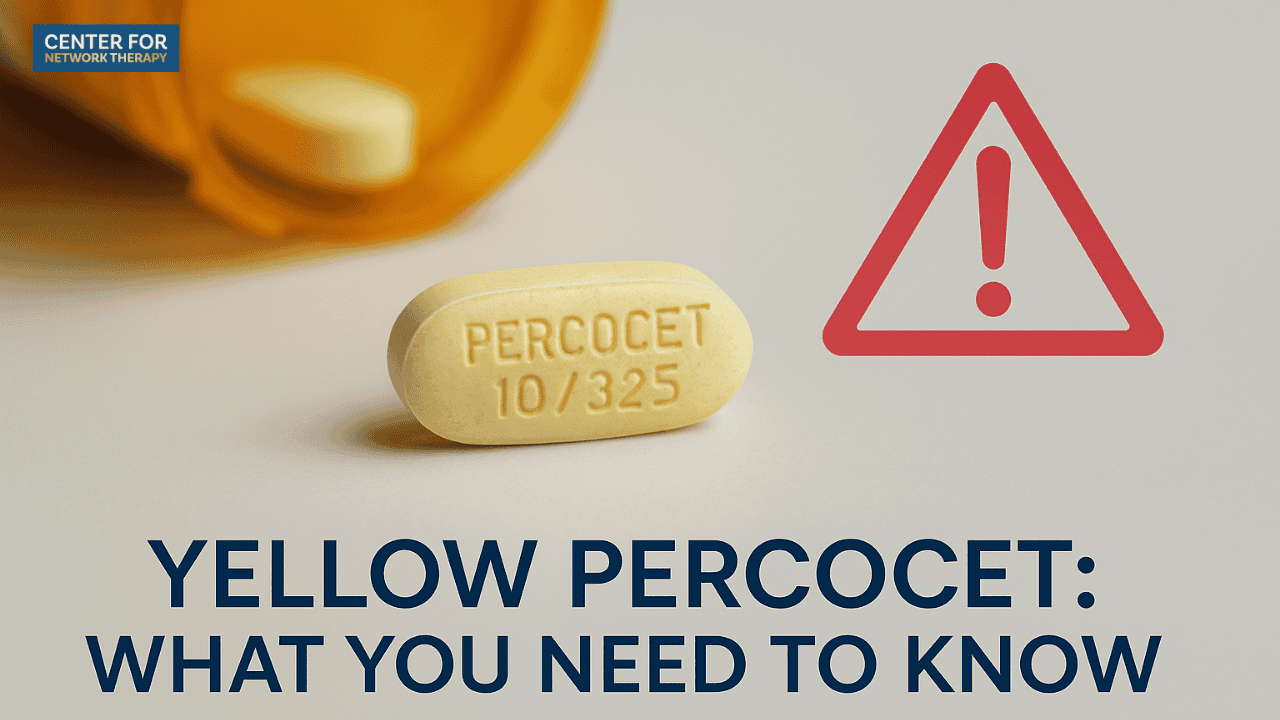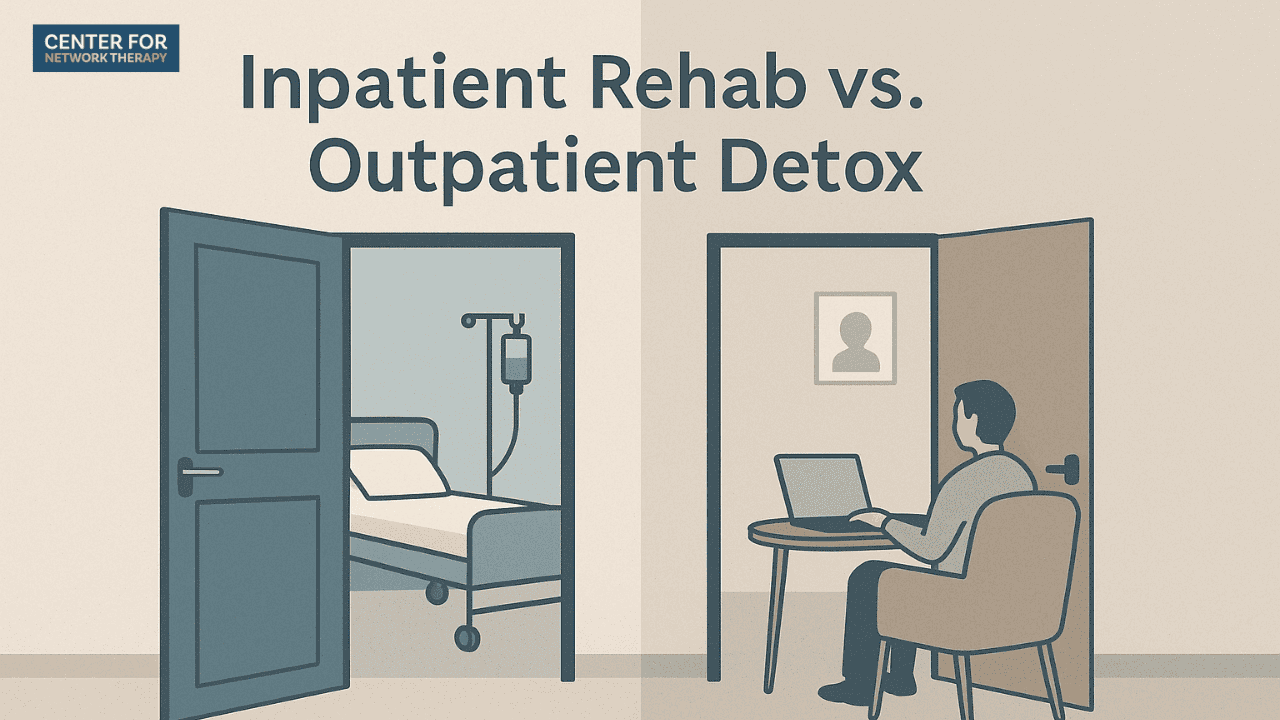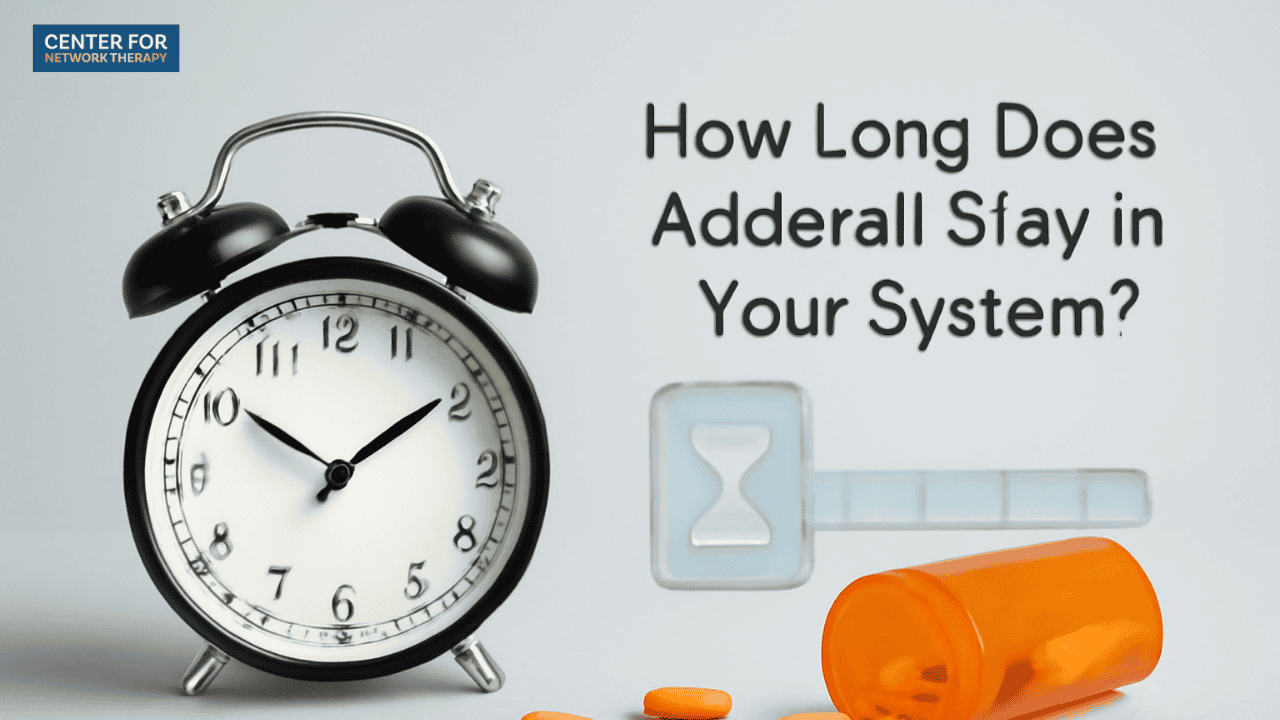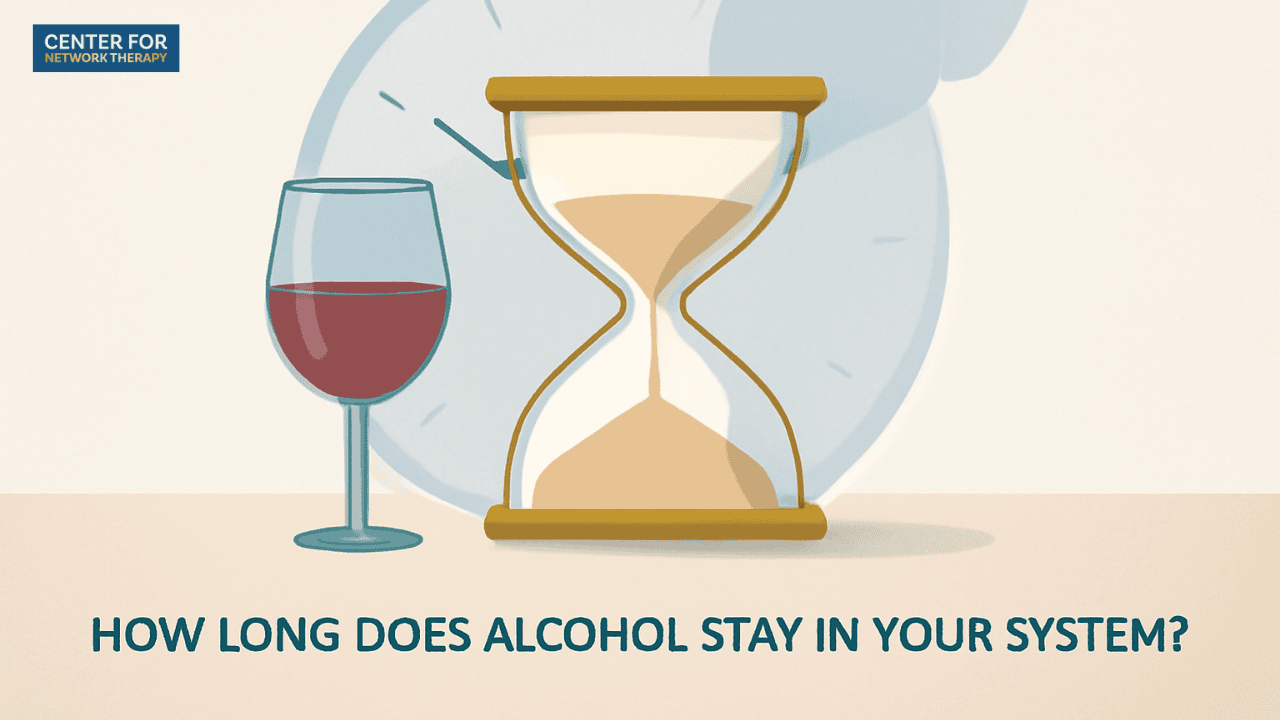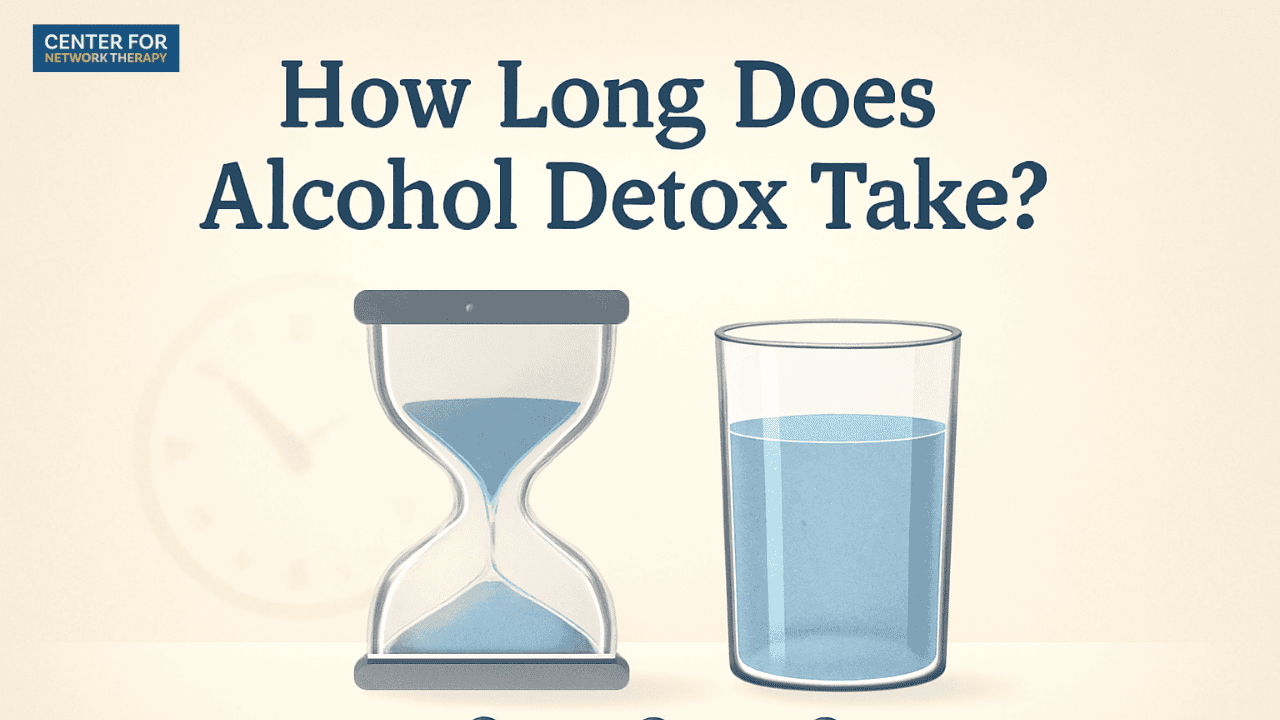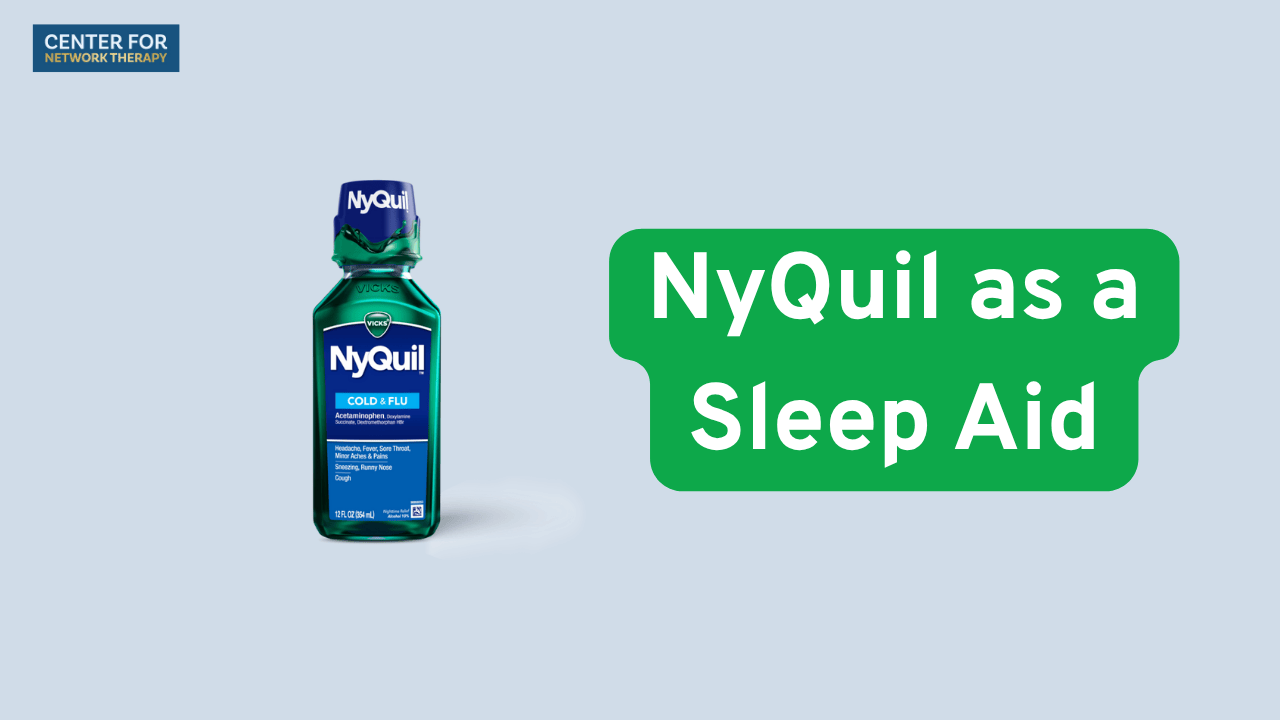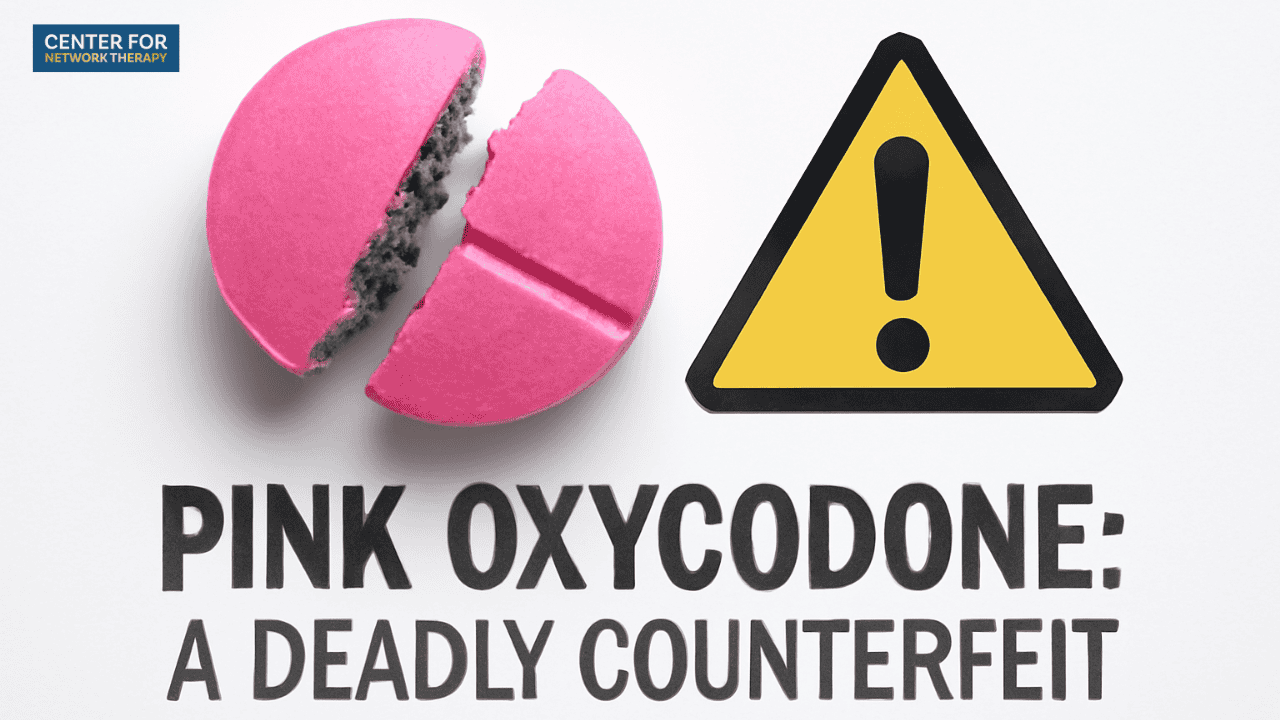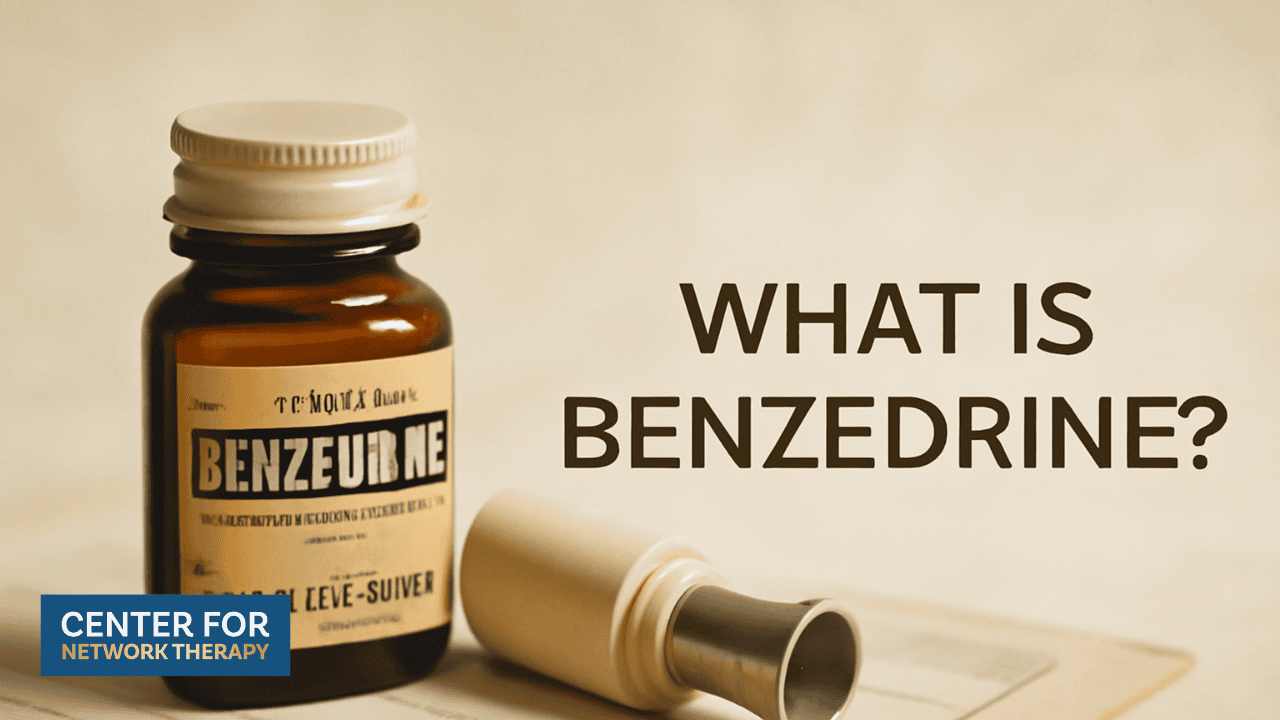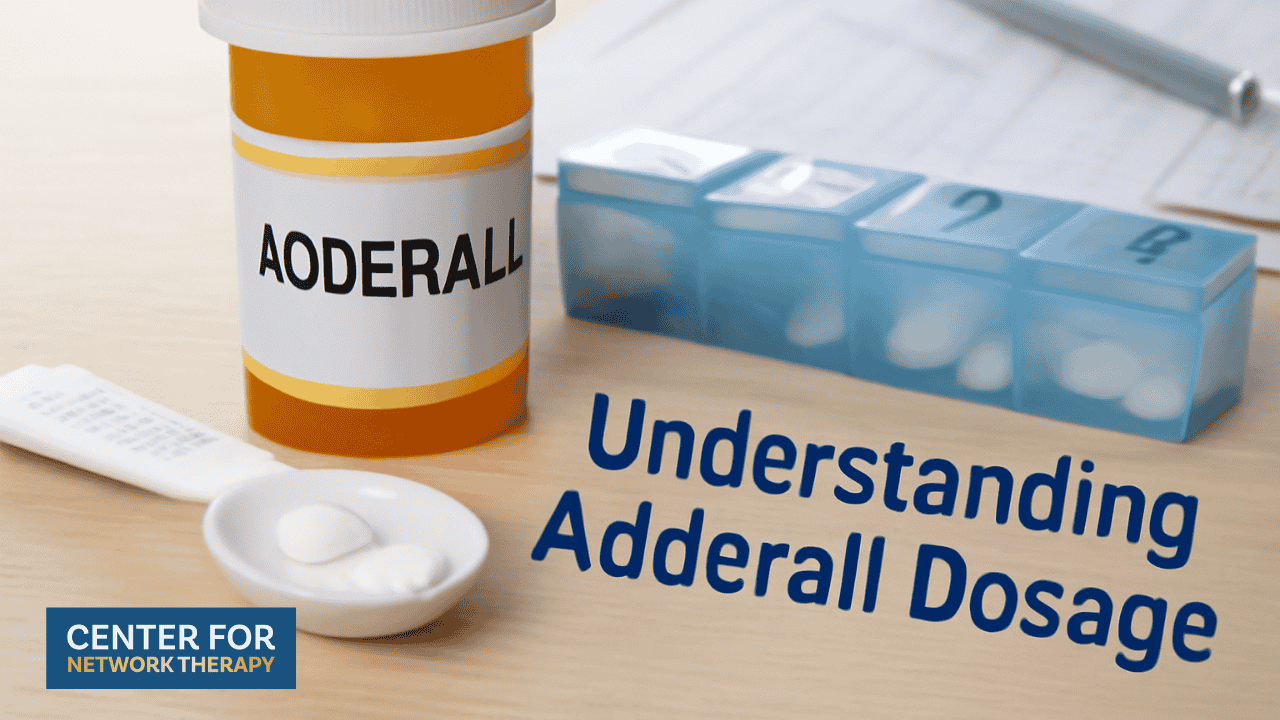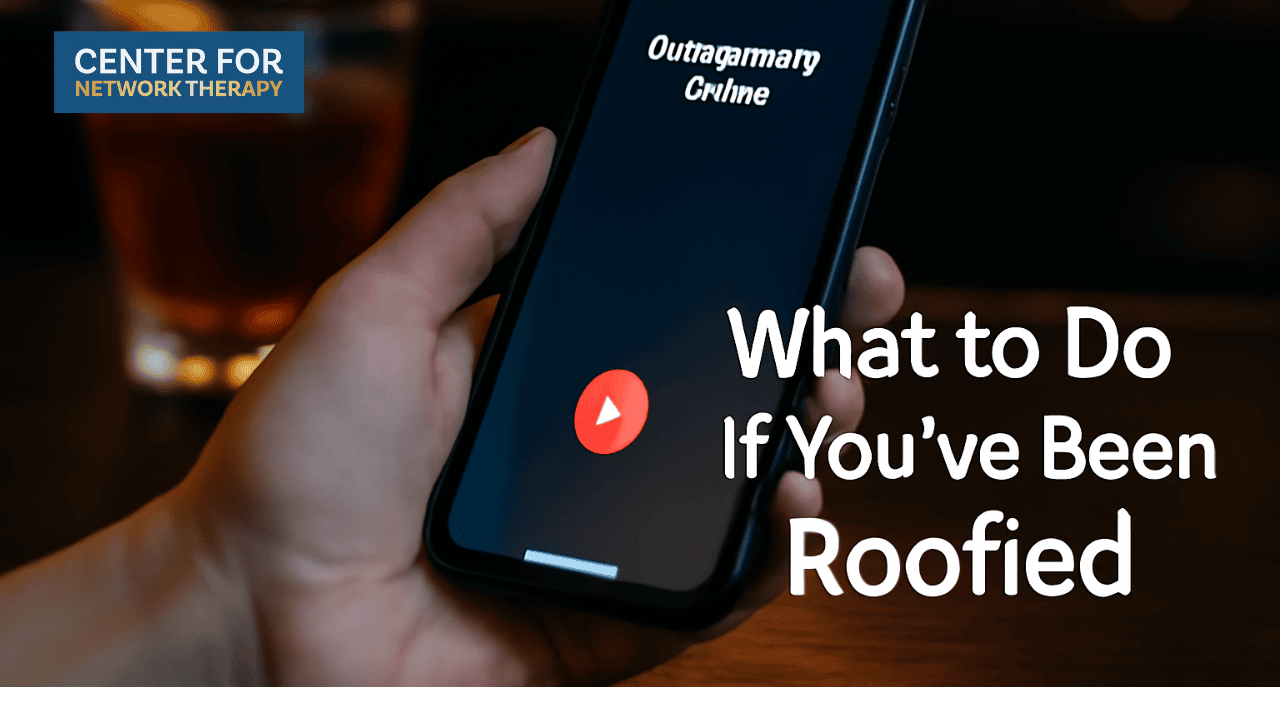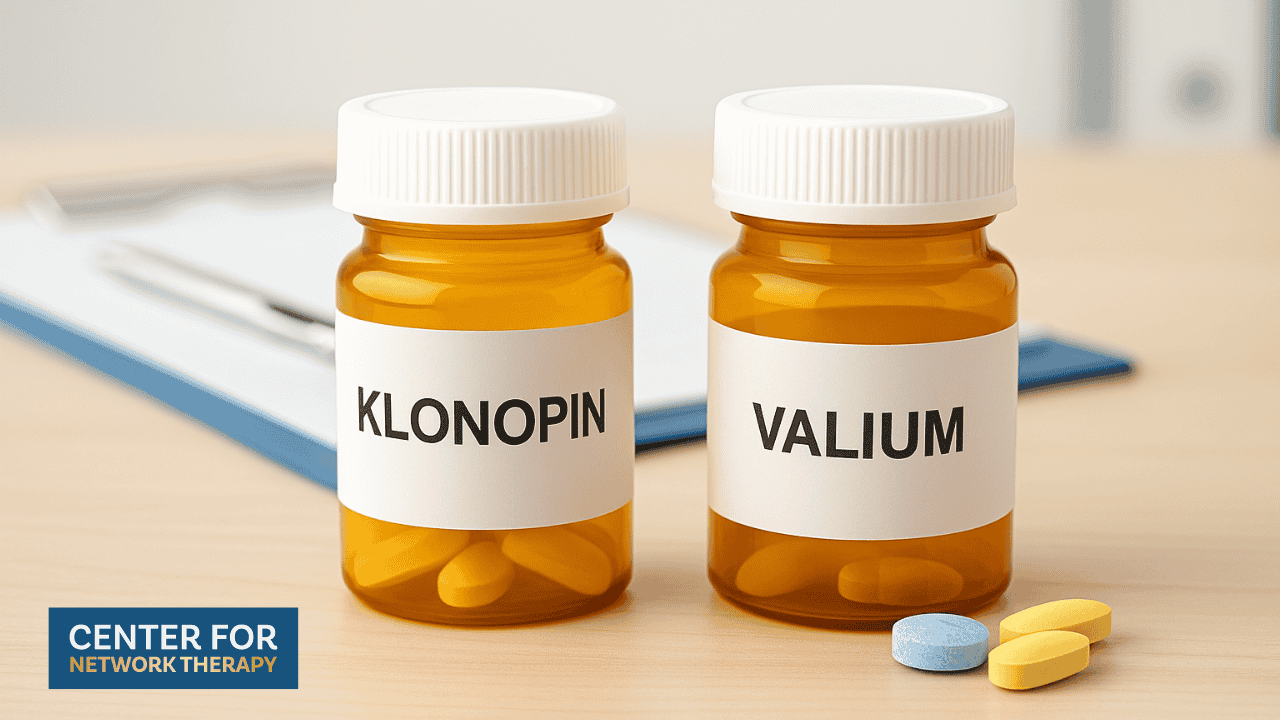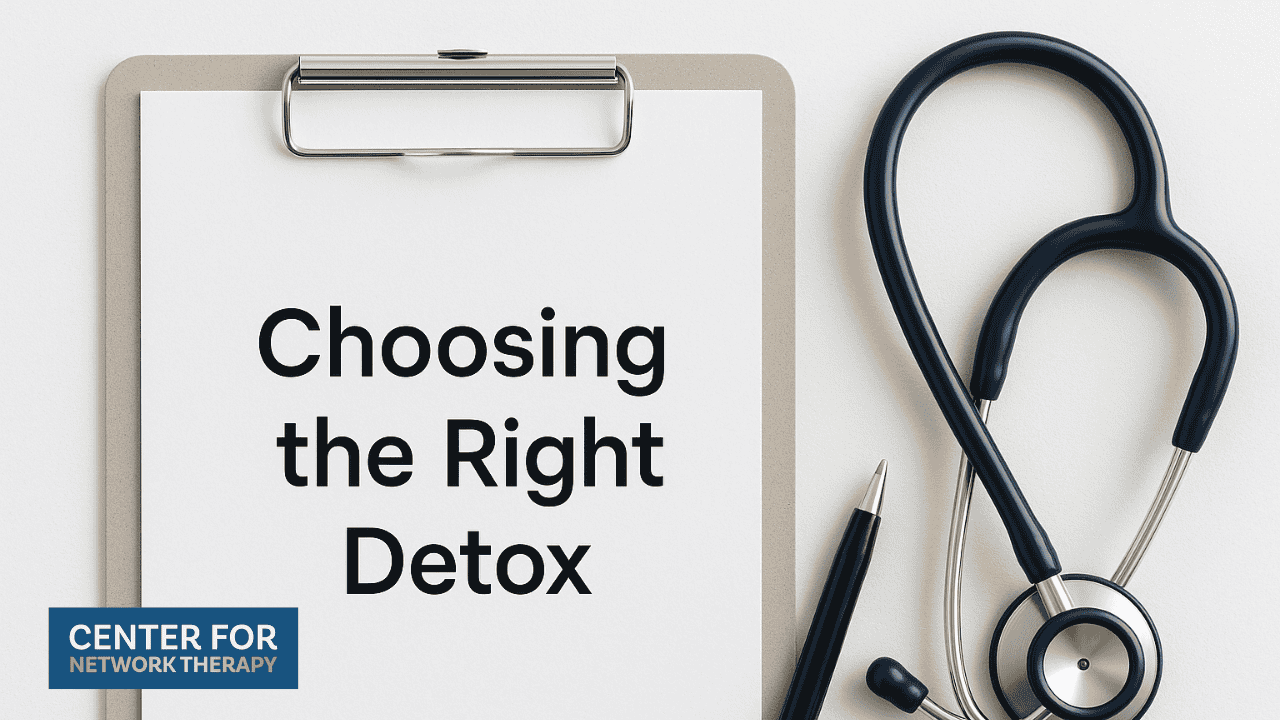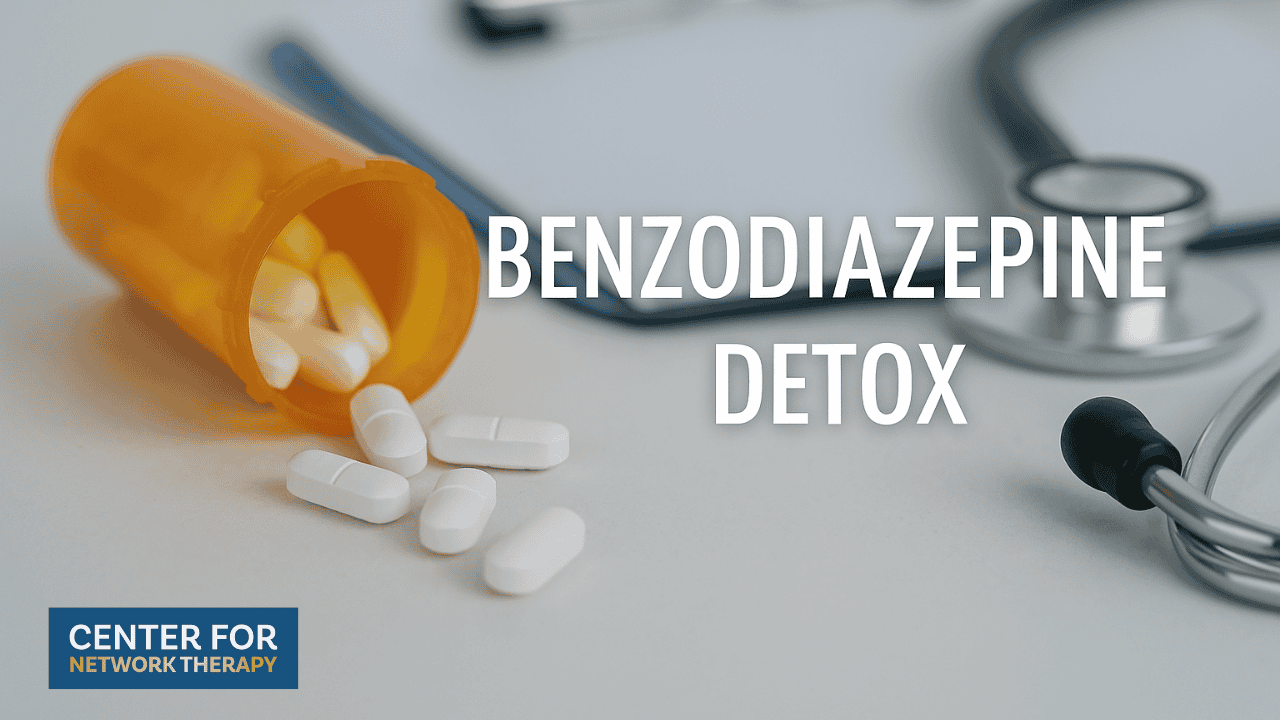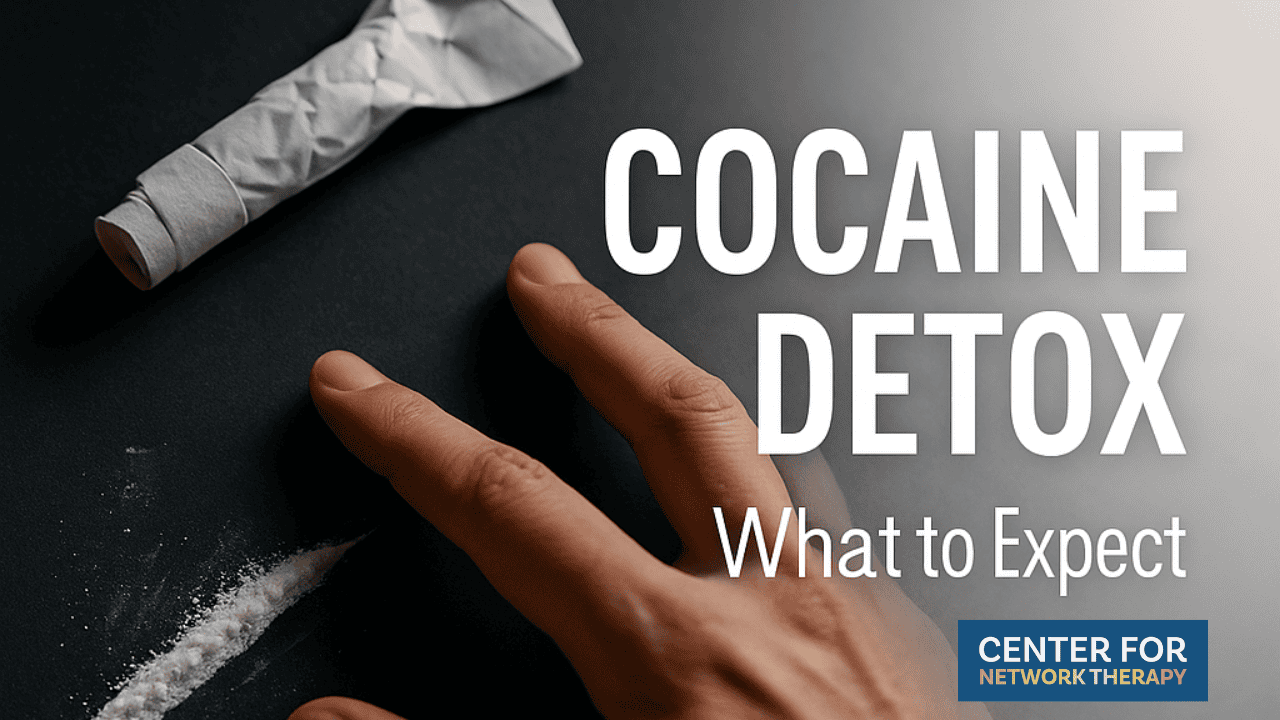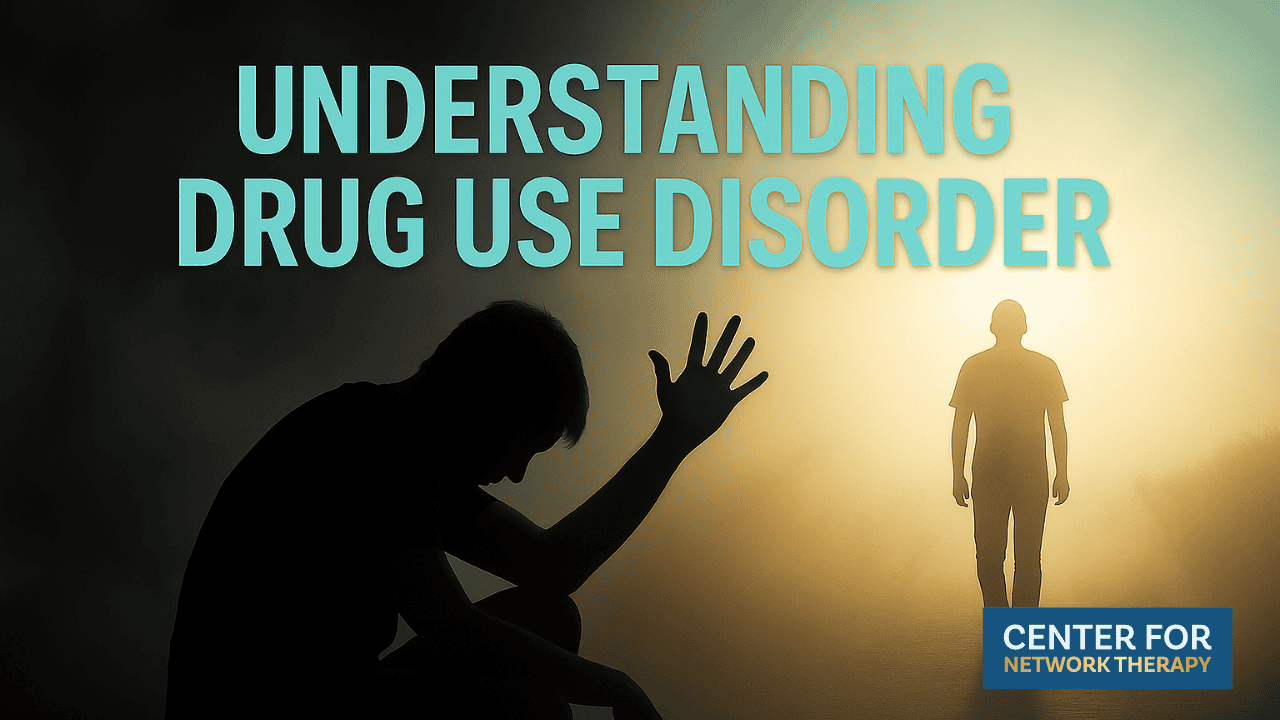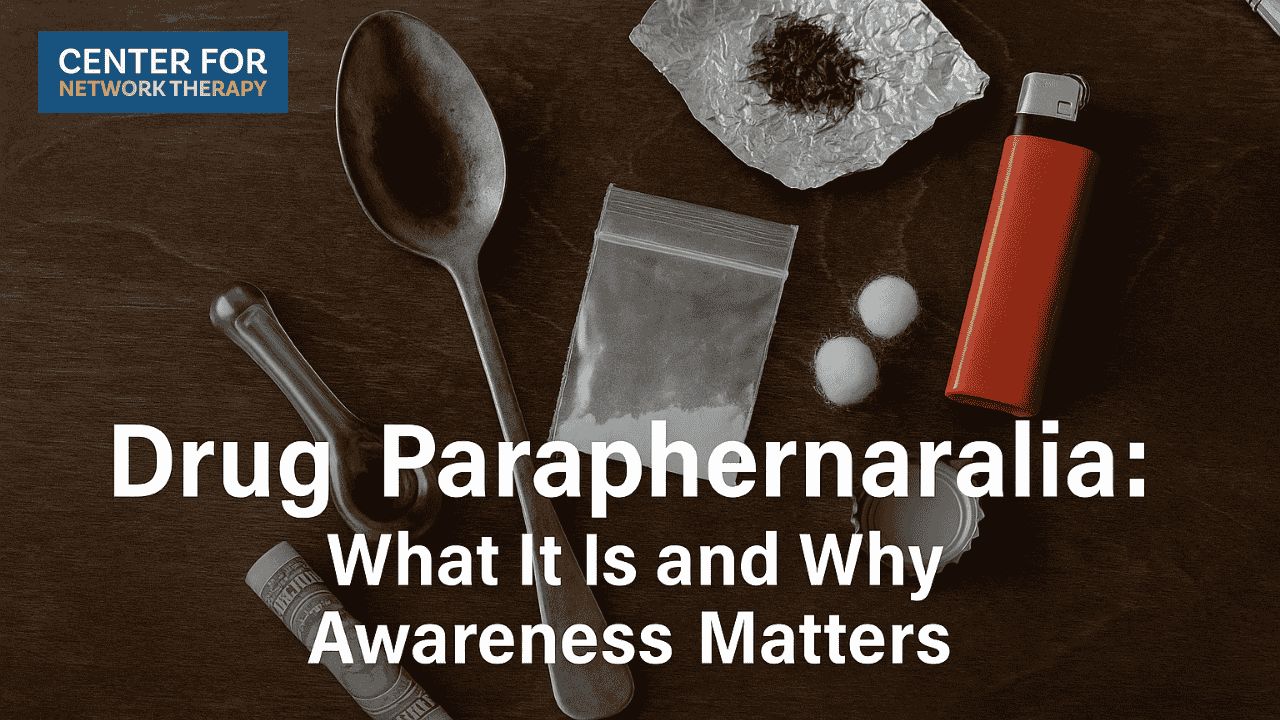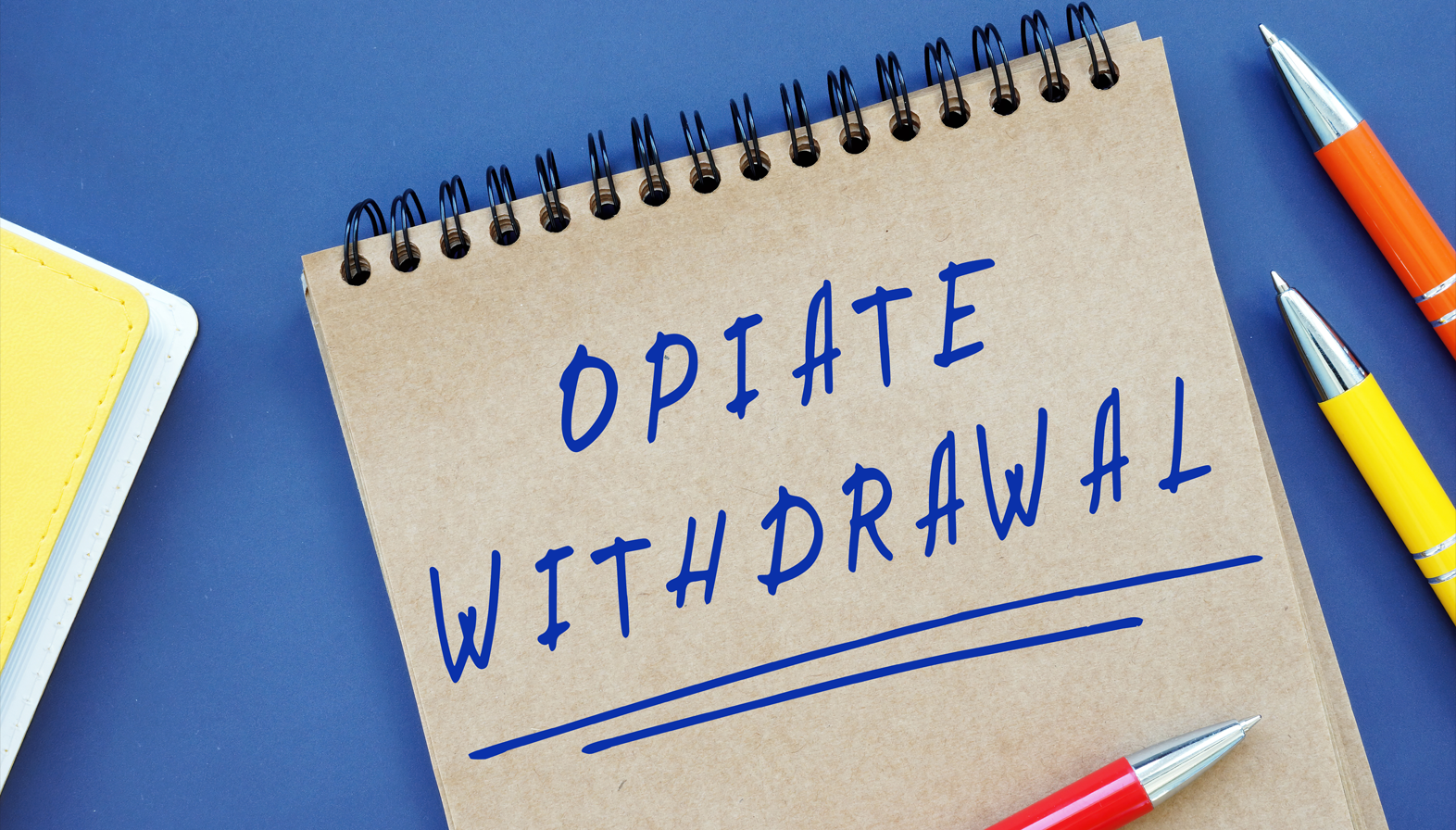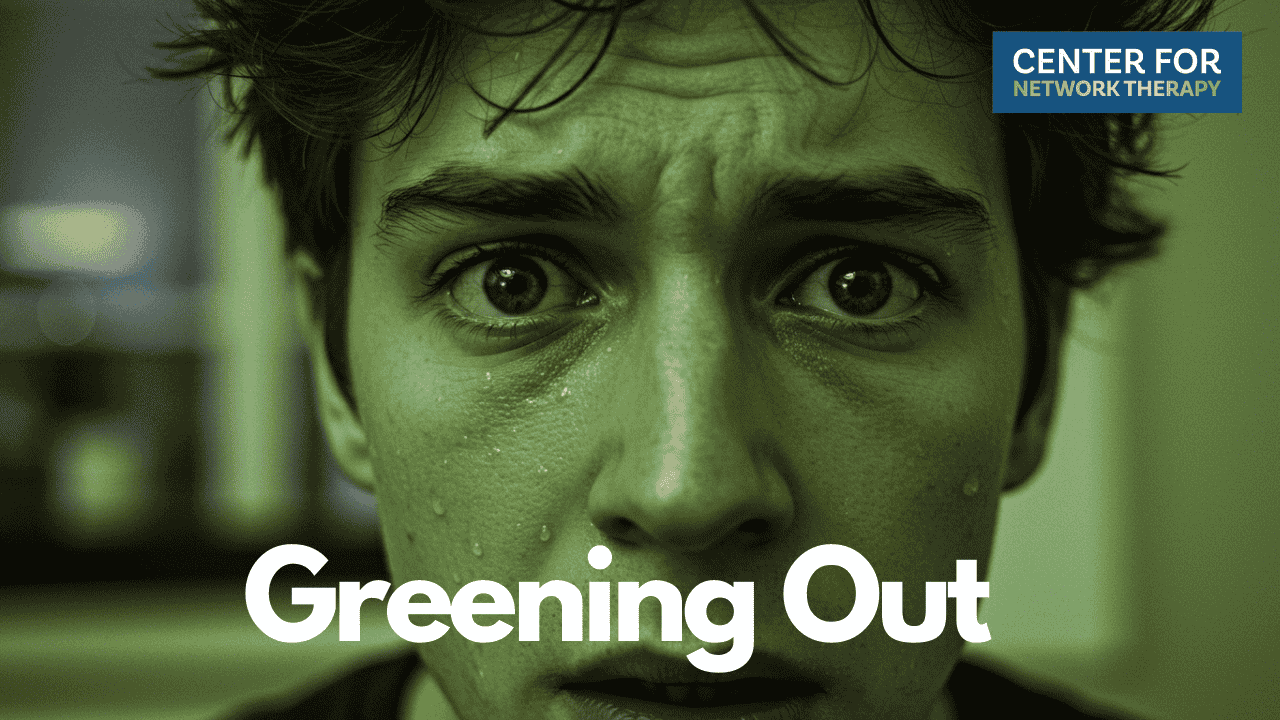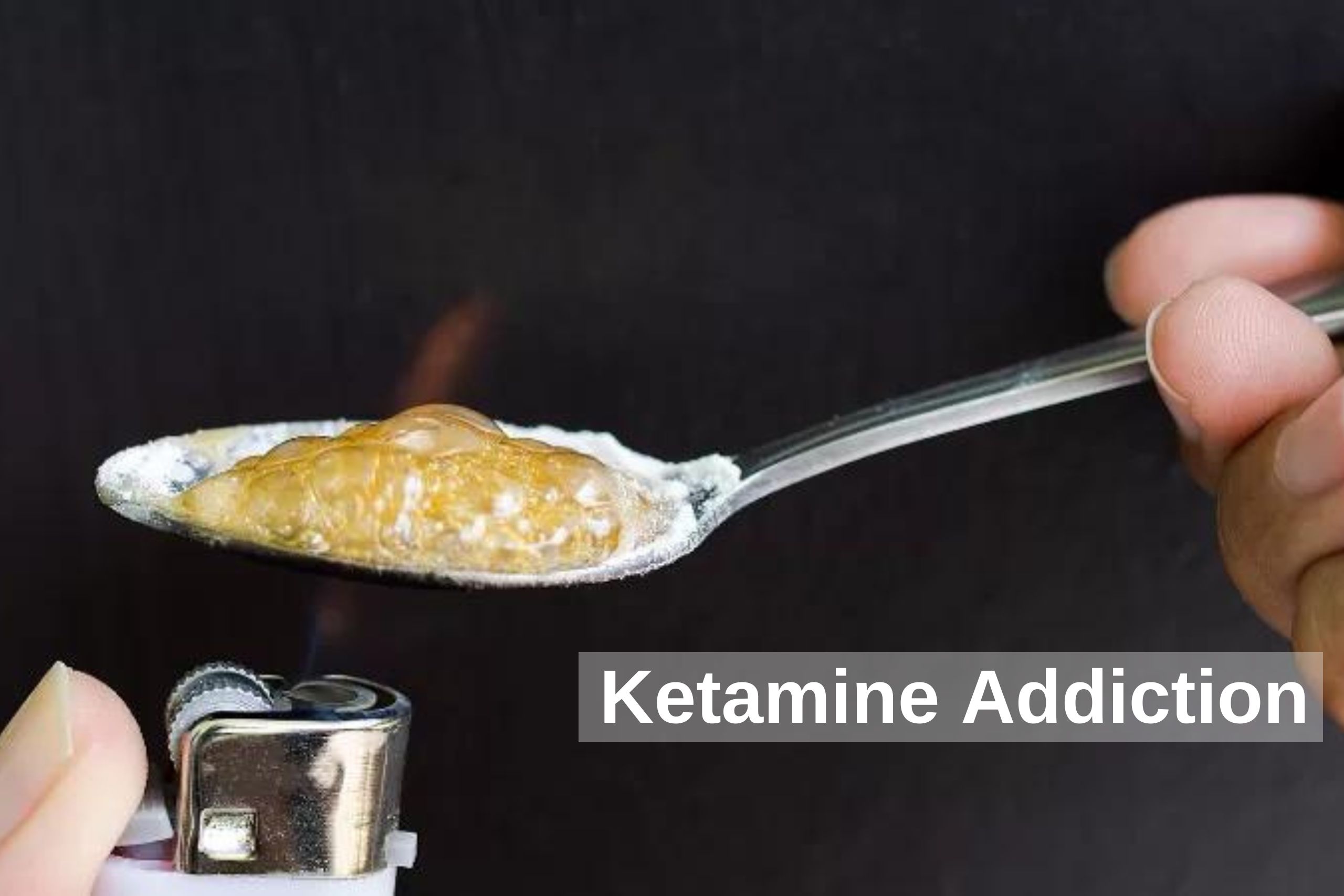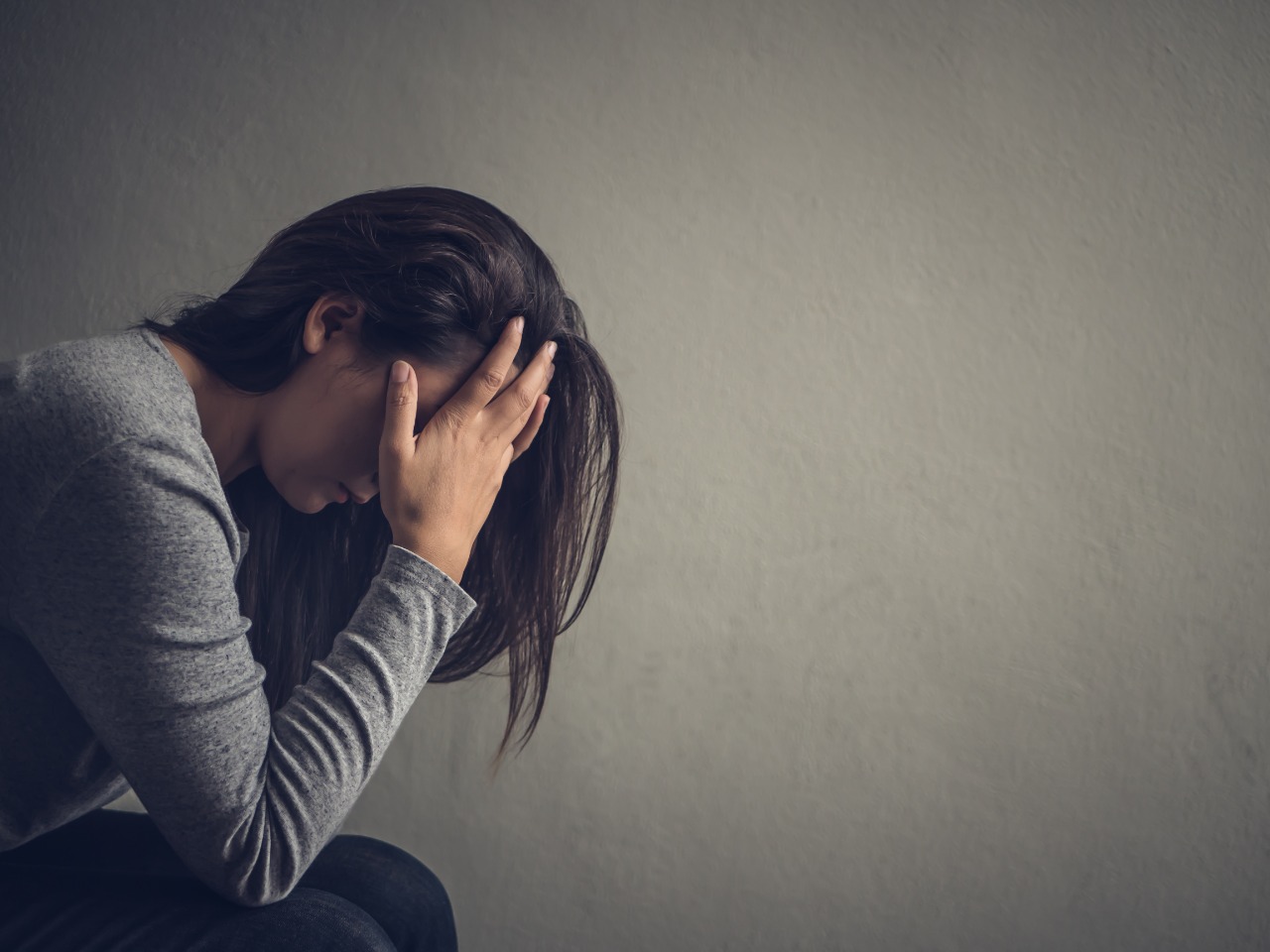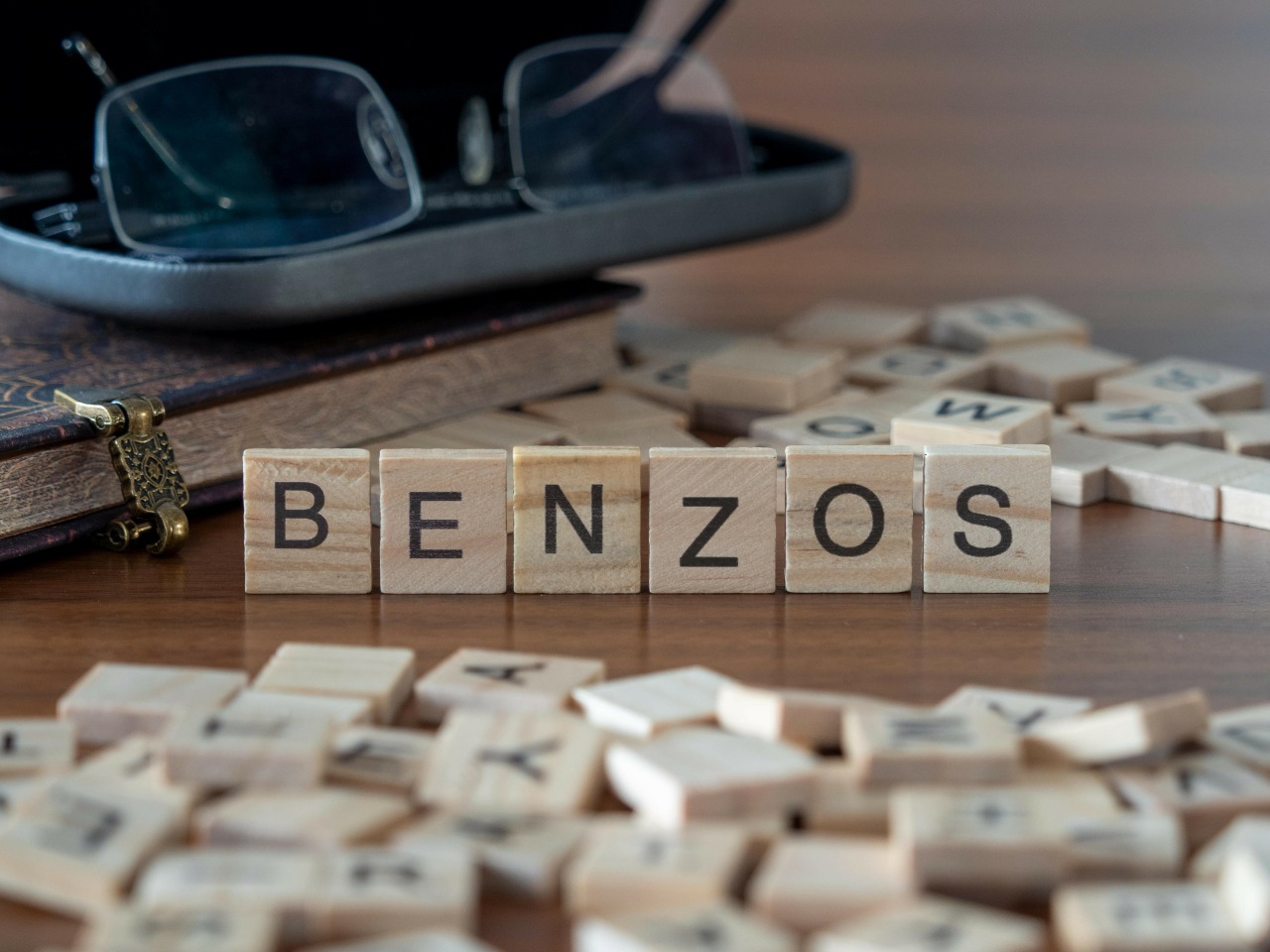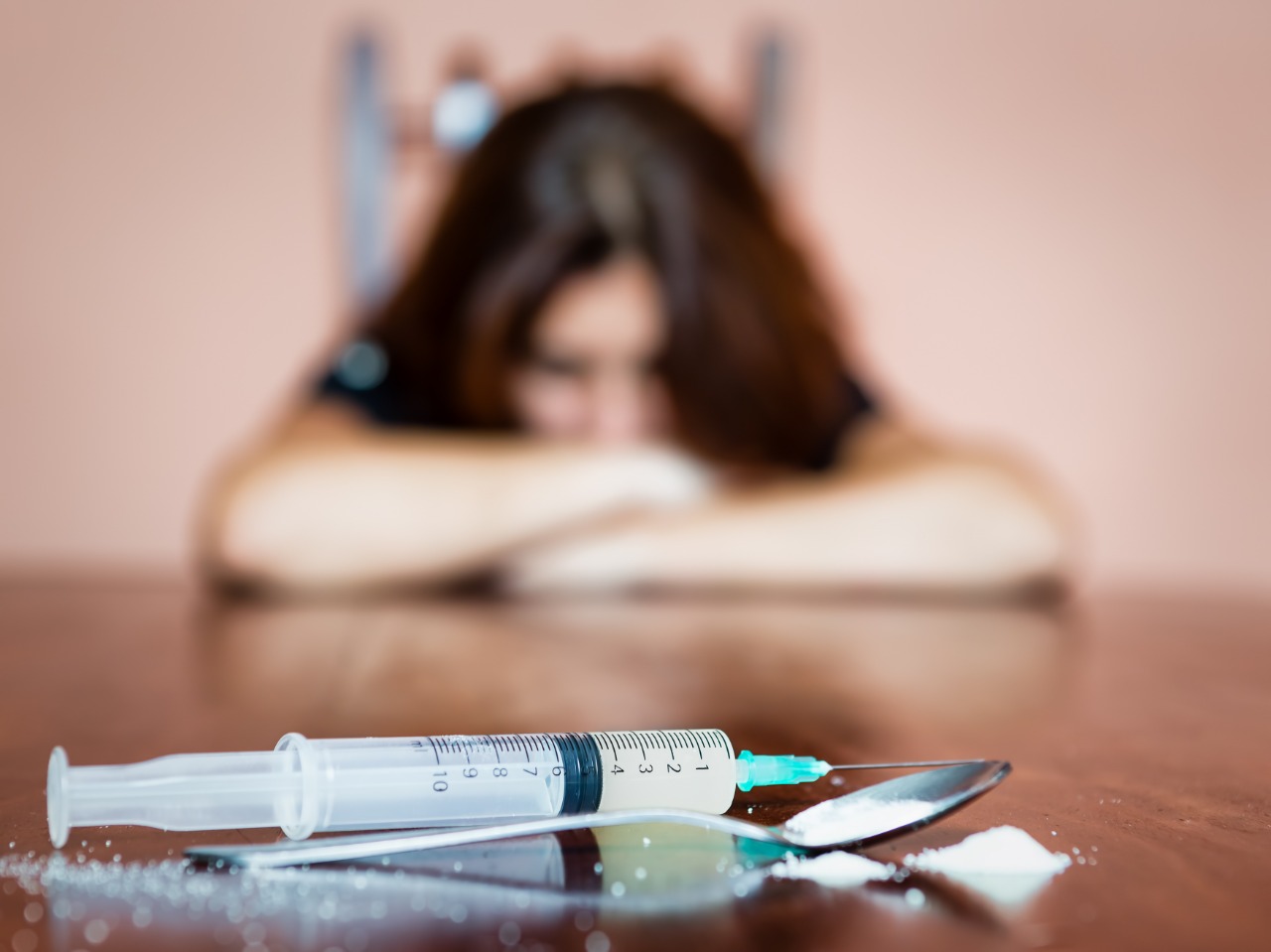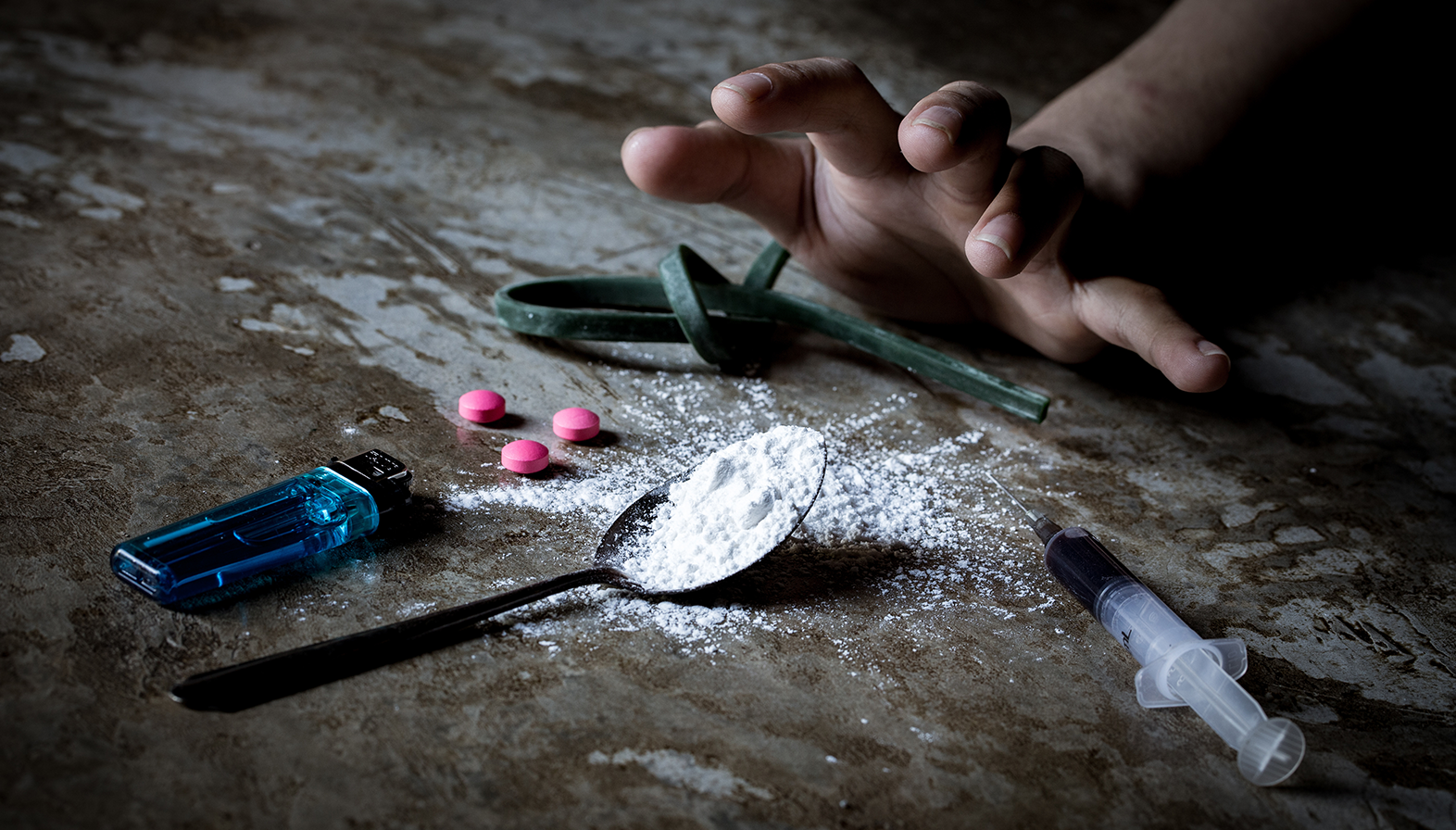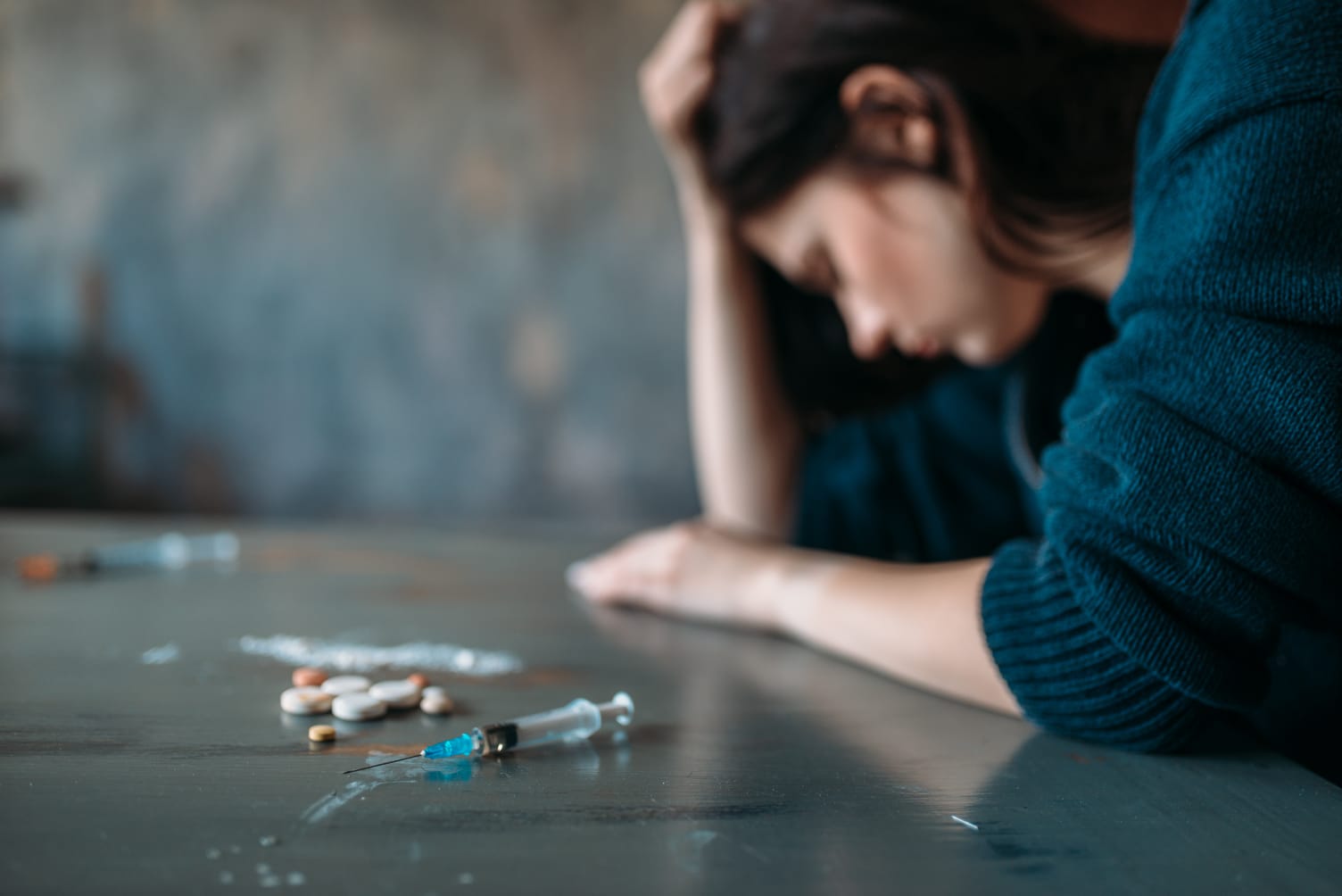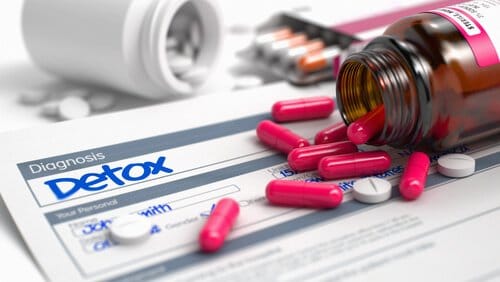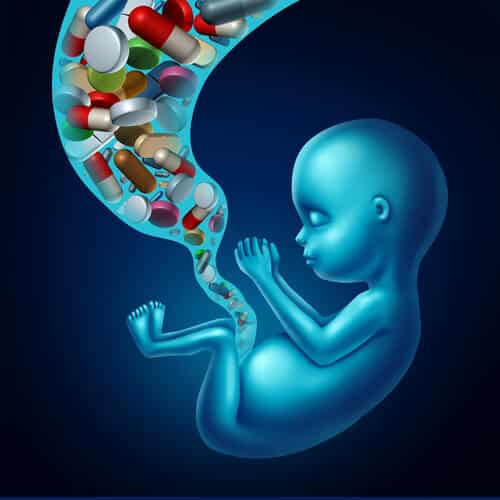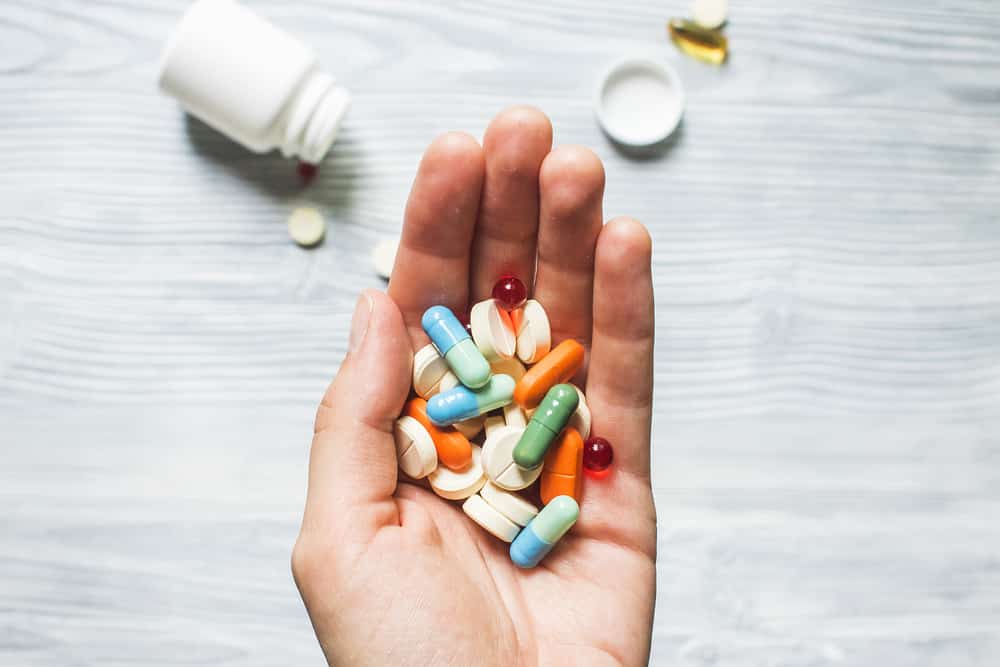Does Ketamine Have Withdrawal Symptoms?
Ketamine is a strong anesthetic that has been approved for use in humans as well as animals. About 90% of ketamine sold legally is intended for veterinary use. It is commonly used to address acute, post-surgical pain. Ketamine is a powerful drug and has such significant potential for abuse, so it is classified as a controlled substance recommended for limited use.
Ketamine is produced in liquid form or as a white powder that is often snorted or smoked with marijuana or tobacco products. In some cities in New Jersey, such as Paterson, Camden, Newark, Freehold, and New Brunswick it has reportedly been injected intramuscularly.
At high doses, ketamine can cause delirium, amnesia, impaired motor function, high blood pressure, depression, and potentially fatal respiratory problems. Low-dose ketamine use can result in impaired attention, learning and memory.
Like other drugs, it is a central nervous system depressant. It is also highly addictive. Despite its abuse potential, the FDA has approved low-dose ketamine therapy for treatment-resistant depression. This is an option for patients who have not benefitted from other anti-depressants on the market.
What Is Ketamine Withdrawal and How Does It Happen?
Ketamine use can swiftly lead to a psychological dependency on the drug. As tolerance to Ketamine increases, higher doses at a higher frequency is needed to achieve the same high. This leads to addiction. Withdrawal symptoms appear when ketamine use is stopped abruptly.
Ketamine, like other drugs of abuse, alters receptors in the brain, resulting in withdrawal symptoms. Symptoms of psychological withdrawal might be harmful. Intense depression is perhaps the most hazardous, as it can lead to an increased risk of suicide.
Withdrawal symptoms:
Ketamine withdrawal symptoms are mostly psychological. Physical withdrawal symptoms have been described by some chronic users, but they have not been scientifically validated. The following are the most prevalent Ketamine withdrawal symptoms:
- Agitation
- Psychosis is characterized by delusions and hallucinations.
- Motor skills deterioration
- Rage
- Nausea
- Respiratory and heart functioning deteriorates
- Insomnia
- Shakes
- Hearing loss is a common problem.
- Fatigue
- Impairment of cognition
The user will become emotionally unstable during withdrawal and may need to be separated to protect others. For a safer and more regulated Ketamine withdrawal and detox procedure, professional guidance is highly recommended.
Ketamine Detox is Not Easy
Not only do physical withdrawal symptoms need to be addressed, addressing psychological symptoms is a major part to detox treatment. Physical symptoms include stomach cramping, abdominal discomfort, muscle/joint pain, night sweats, tremors, persistent headaches, and general feelings of discomfort, which are similar to those of severe flu.
The following are the most prevalent psychological symptoms of ketamine withdrawal:
- Irritability and agitation
- Mood swings – extreme and uncontrollable
- Impairment of motor function
- Insomnia and other sleep-related problems, such as nightmares that don’t go away
- Uncontrollable fury and anger, which can result in violent outbursts
- Impaired cognition
- Confusion
- If left untreated, hallucinations and delusions can progress to psychosis.
Withdrawal Timeframe
Ketamine withdrawal might take anywhere from 72 hours to several weeks. It isn’t usually life-threatening, but it can be rather unpleasant. Symptoms usually appear between 24 and 72 hours following the last use of Ketamine. The number of drugs in the system, their tolerance level, how long they’ve been using the substance, and whether they’ve used other drugs all influence how long it lasts.
The good news is that there are plenty of facilities for ketamine detox and address ketamine treatment.
Timeline for Ketamine Withdrawal
- 1–3 days
Symptoms of acute withdrawal usually appear within 24 hours of stopping Ketamine use. Shakes, exhaustion, insomnia, wrath, despair, hallucinations, delusions, tremors, double vision, nausea, rapid breathing, and hearing loss are some of the signs and symptoms. - Days 4 through 14
Withdrawal symptoms can last up to two weeks, but they start to fade after that. - Days 15 and onwards
The majority of withdrawal symptoms subside. The nerve cell damage in the brain could be long-lasting, and certain psychological conditions may persist.
Detox from Ketamine
Detoxification is the first step in the recovery process, as it flushes the chemical from the body in a safe manner. The detox process can be quite unpleasant because ketamine withdrawal is heavy on the psychological aspect. As the person goes through the psychological discomforts of detox, intense cravings may emerge.
Ketamine withdrawal symptoms can be alleviated with the use of certain medications.
During the early stages of Ketamine detox, the user’s respiratory function and heart rate have to be constantly monitored. The importance of medical monitoring cannot be over-emphasized.
Summary
Ketamine treatment in New Jersey is available in all corners of the state – Somerset county, Essex county, Middlesex county, Monmouth county, Hunterdon county, Morris county, Ocean county, Burlington county, etc. A plethora of caring addiction treatment specialists and different modalities of care, including outpatient detox are available for an addiction to ketamine. Most facilities work hard to help a person addicted to ketamine. Addiction is a chronic disease that requires long-term treatment. There is no quick fix.
Seek direct assistance from such experts to overcome issues related to ketamine withdrawals.
Related Articles
Does Ketamine Have Withdrawal Symptoms




